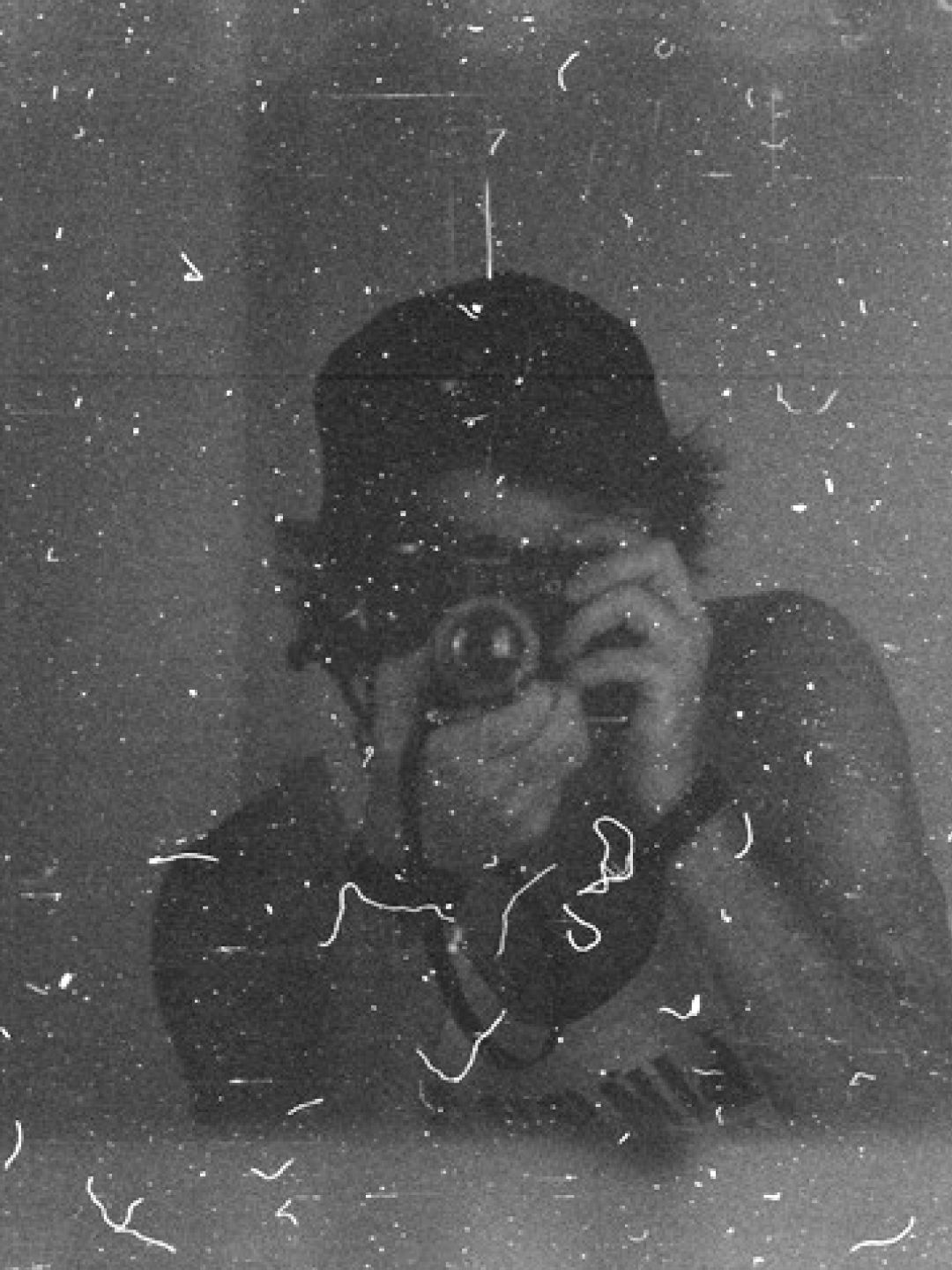Miro and the Three Days
Miro was a theater director, twenty-seven years old — and the number itself sounded like a warning, as if some prophecy lived within it. He grew up without a father, but he was not entirely alone: there was his mother, an aunt, and that strange, slightly fractured household that people called family. She loved him, cared for him, but something always seemed cracked — like porcelain with an invisible line, ready to break.
His closest companion was a black poodle named Bertolucci. The dog’s long gaze carried no judgment, no questions — only acceptance.
An ordinary day for Miro was an endless loop. He did not wake to an alarm, but to the ringing in his ears, as if thousands of thin wires were strung inside his head. The kitchen — a cup of coffee that always went cold half-full. The desk — scattered script pages, where he would rewrite the same word twenty times until it lost meaning. He could pace the room for hours, touching the same objects, repeating lines of dialogue to himself. Sometimes he stopped at the window and looked down at children playing in the street, but he never opened the glass — too many sounds, too much of the world.
Anxiety lived in every detail. He could not wear a jacket if the buttons were closed in the wrong order. Looking people in the eye was unbearable. Even a trip to the store was an ordeal, so he ordered everything home instead. Yet all of this dissolved in his work: theater and scriptwriting were his refuge, the only place where he ruled the rules.
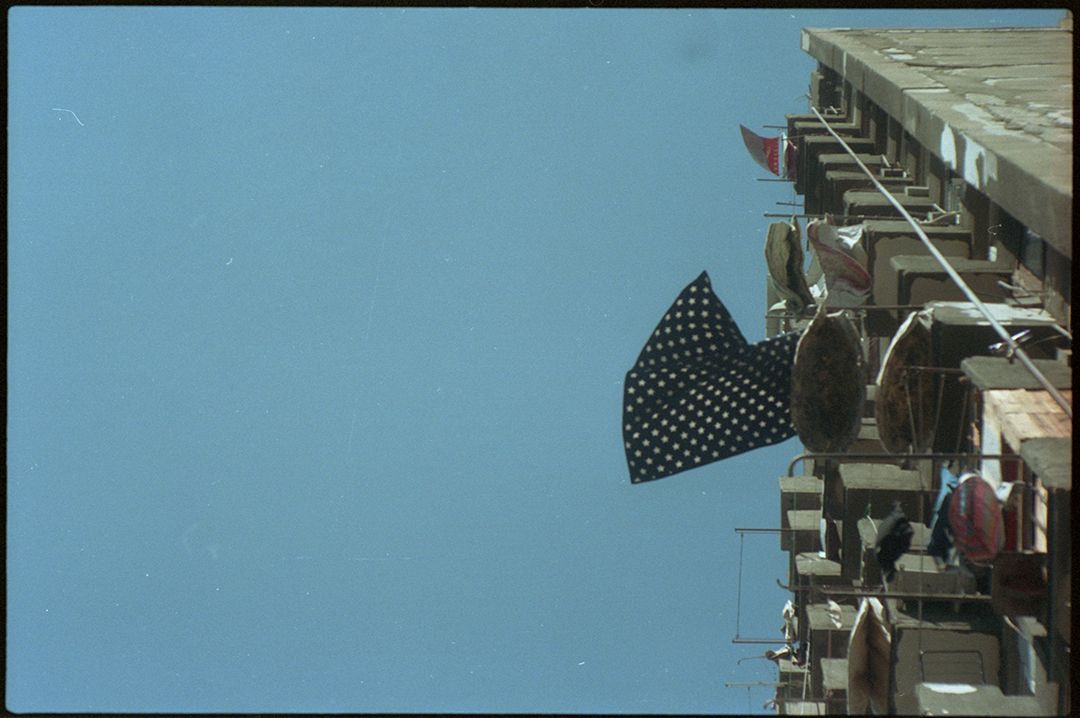
One evening, at the end of such a day, he stepped outside — not for errands, but as if something inside had pushed him. The streets were empty, washed by rain. Stone walls held the echo of his footsteps, and each turn felt like the repetition of a dream.
He saw her from afar: a girl walking slowly, holding a bouquet of violet flowers. In her walk there was something fragile and defiant at once. Then the flowers slipped from her hands. She bent to pick them up and looked straight at him.
— Do you like my flowers? she asked, as if it were a password.
In that instant something shifted inside him. The ringing — that eternal, torturous ringing — suddenly ceased, leaving him alone with silence. In her voice he heard the music he had been searching for all his life.
They had three days. Only three. They wandered the streets, shared bread, drank cheap wine on the riverside. In the evenings he read her his notes, and she laughed, saying it all sounded like a dream that deserved to be staged. He never learned her name. To him she was only fire, the spark that reignited him.
Those three days gave Miro everything that years of solitude and empty theaters had denied him. For the first time, he felt himself alive — without fear, without pills, without the cage of anxiety.
To feel everything in every way, to live everything from all sides, to be the same thing in all ways possible at the same time.
— Fernando Pessoa

Where Morning Begins
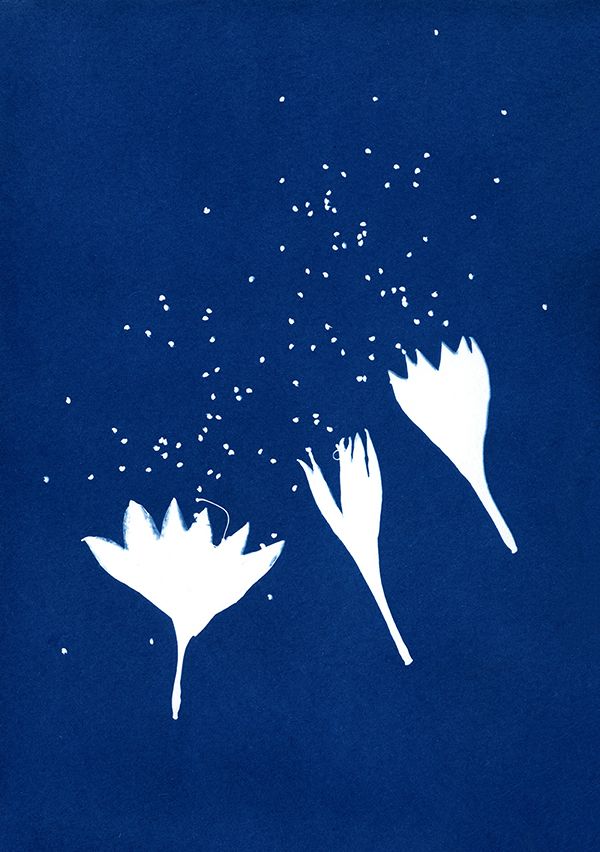
Sun Kissed Flowers
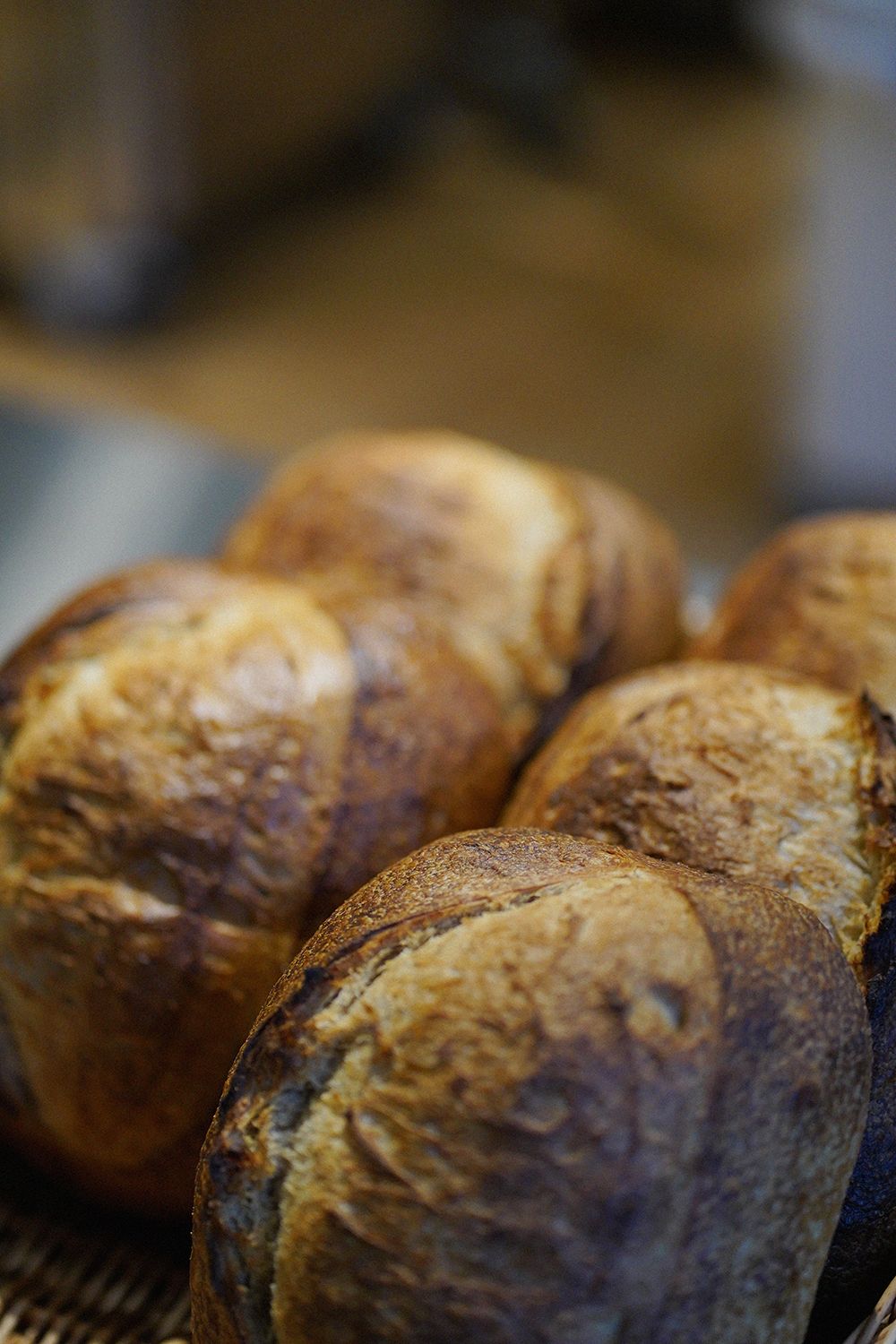
I listen to the bread
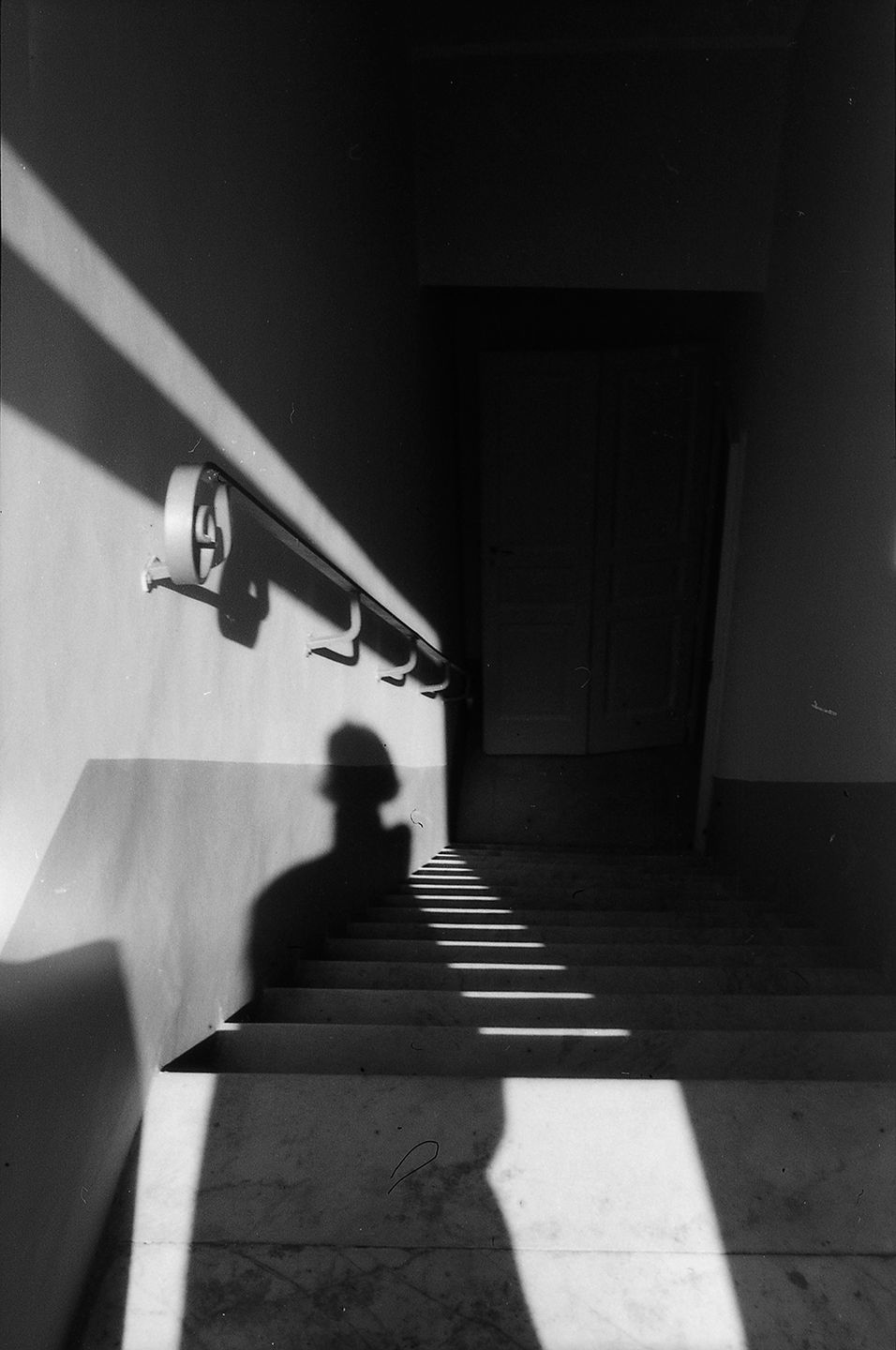
Shut Up and Shoot

Twenty Two
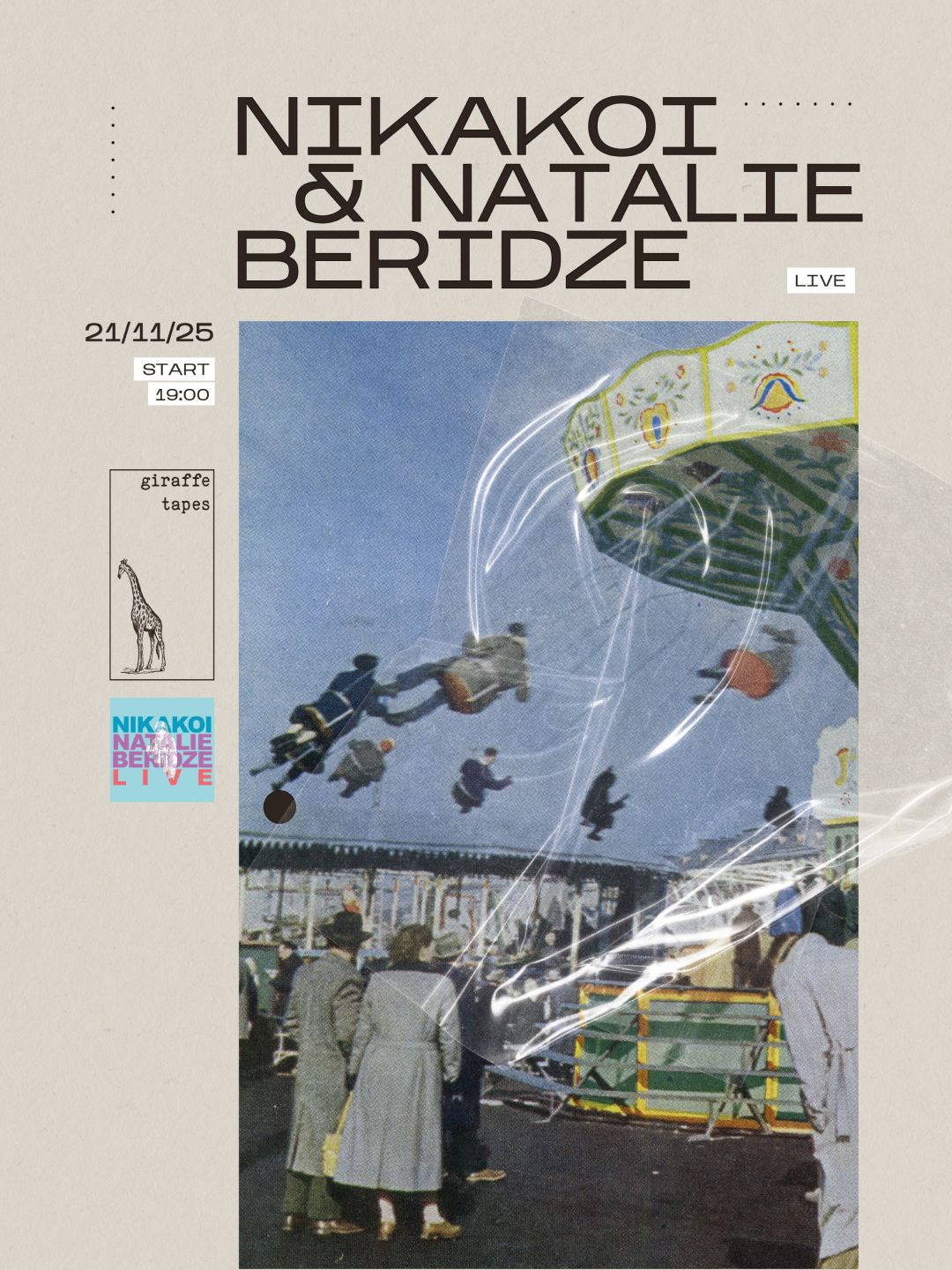
A short note before Friday
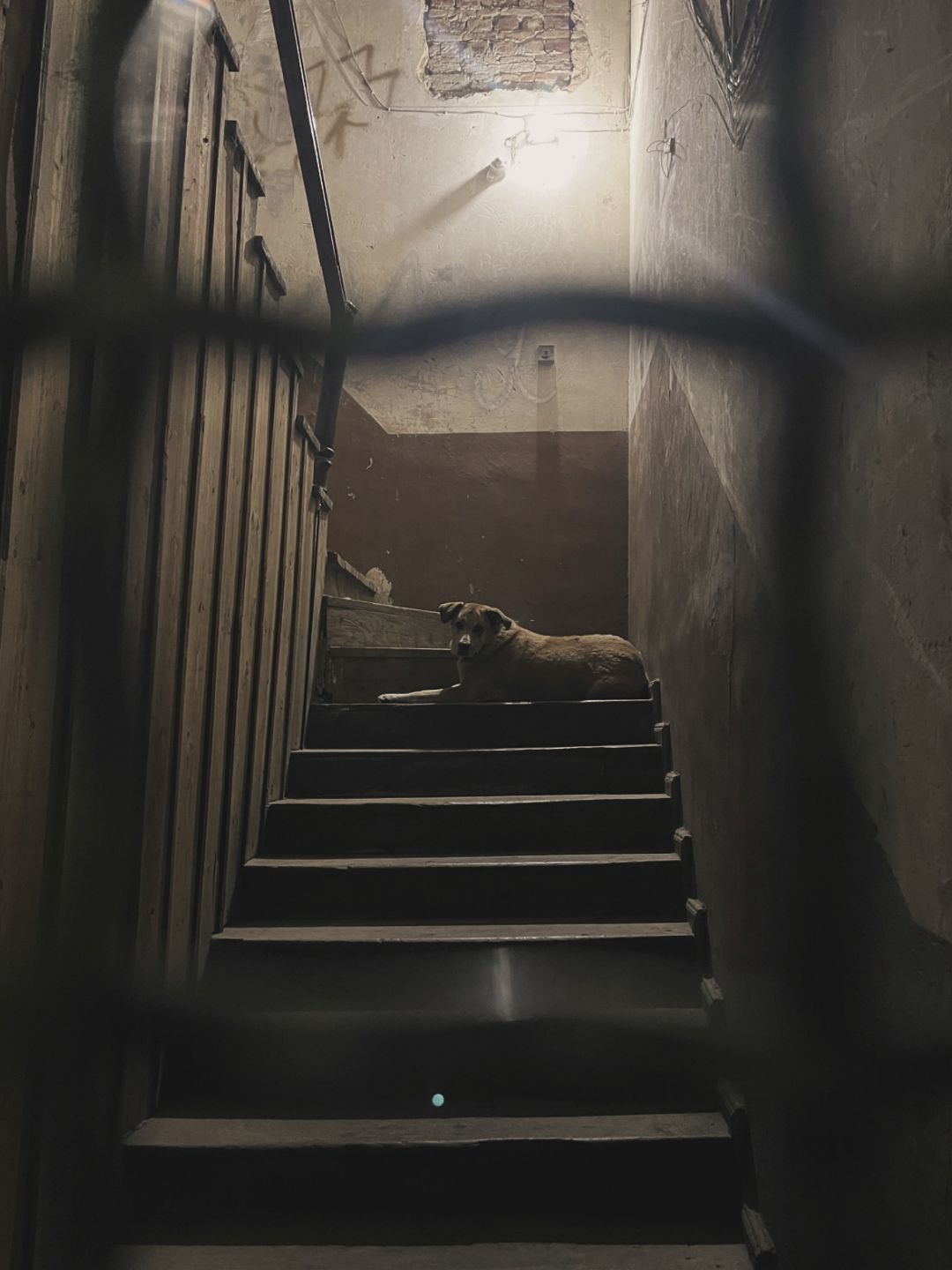
Bambusikha

Cardamon Spell — one day only
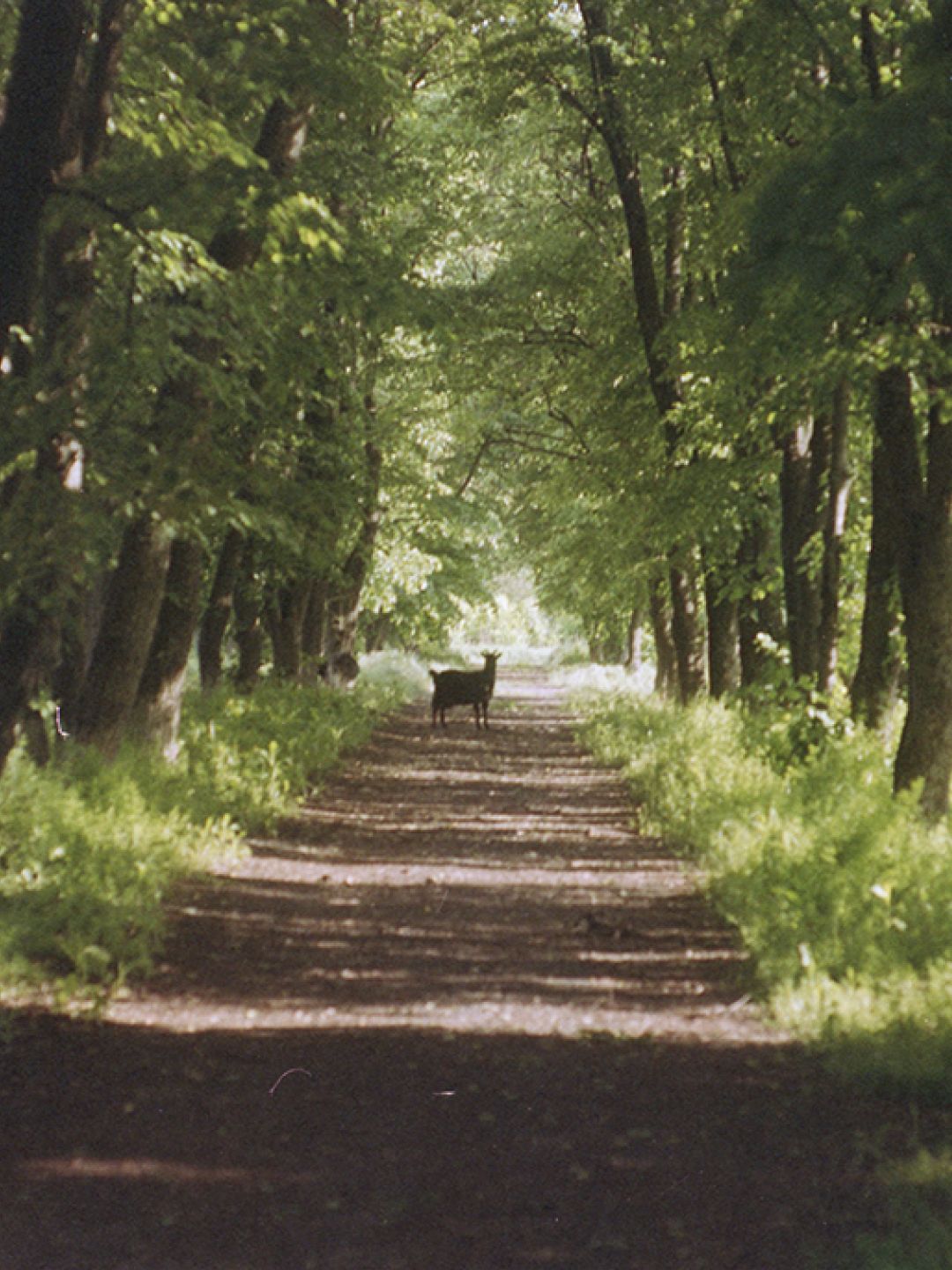
The Road to the Meadow of Awakening
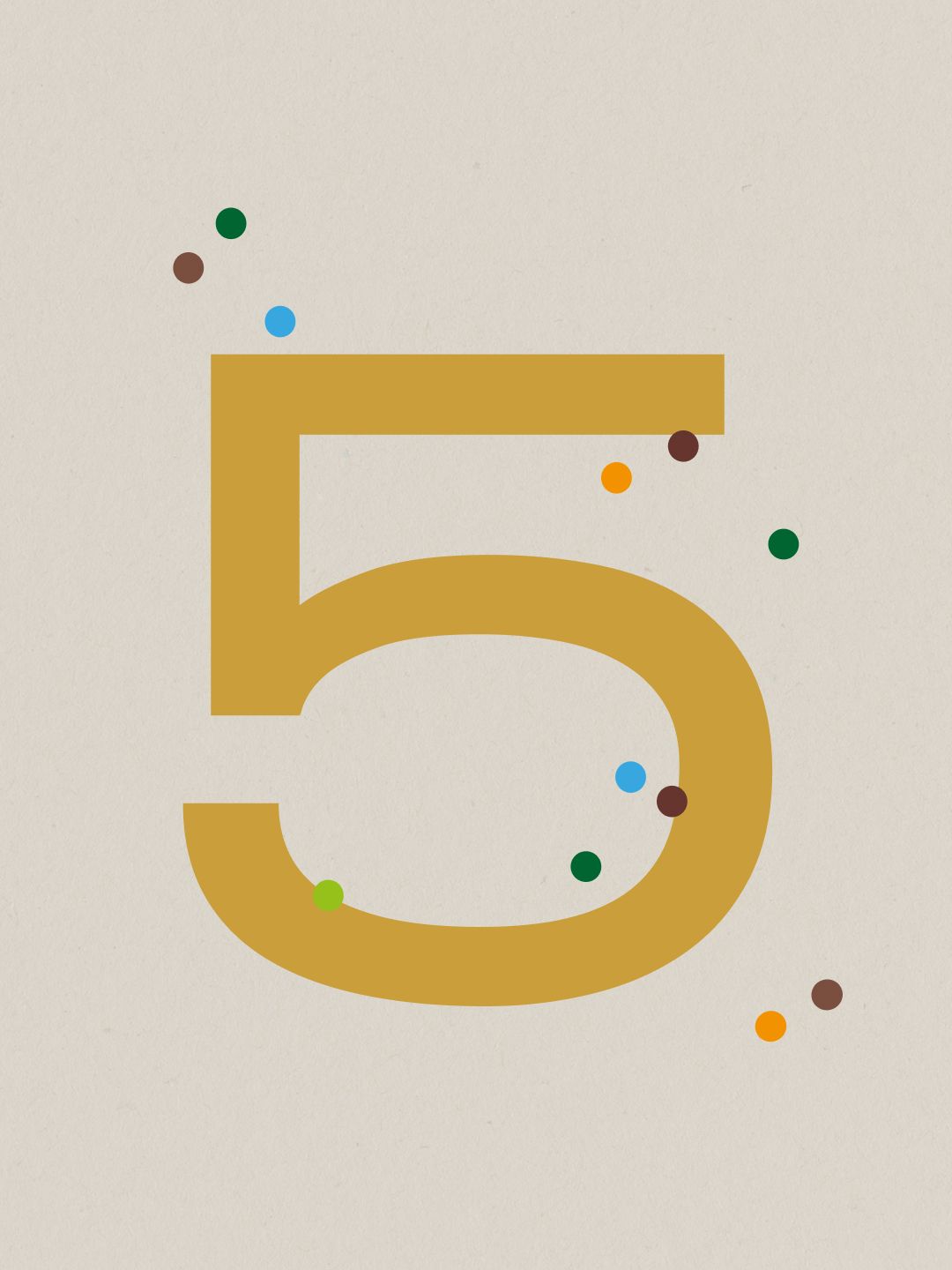
Giraffe Tapes returns home
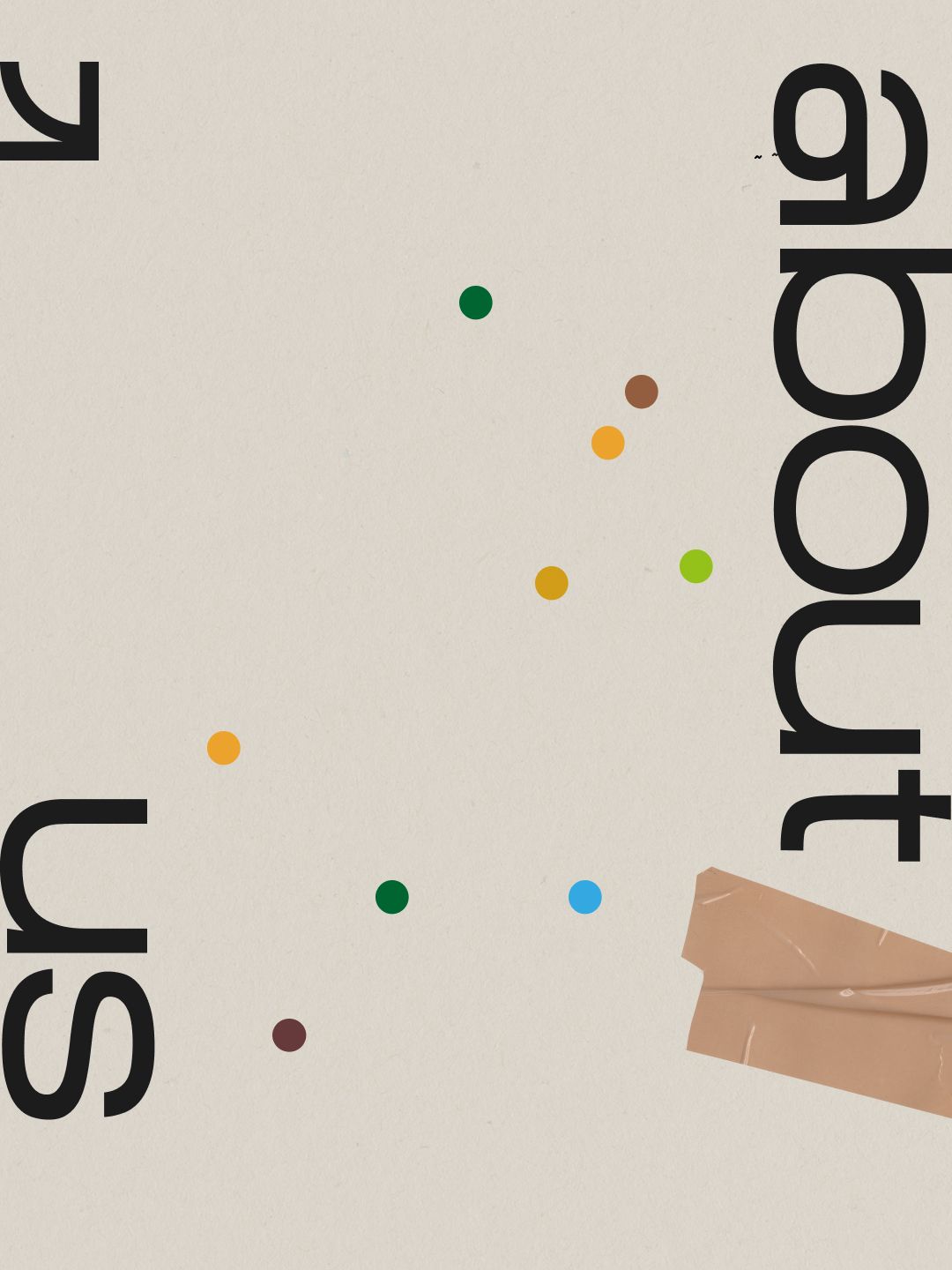
About us
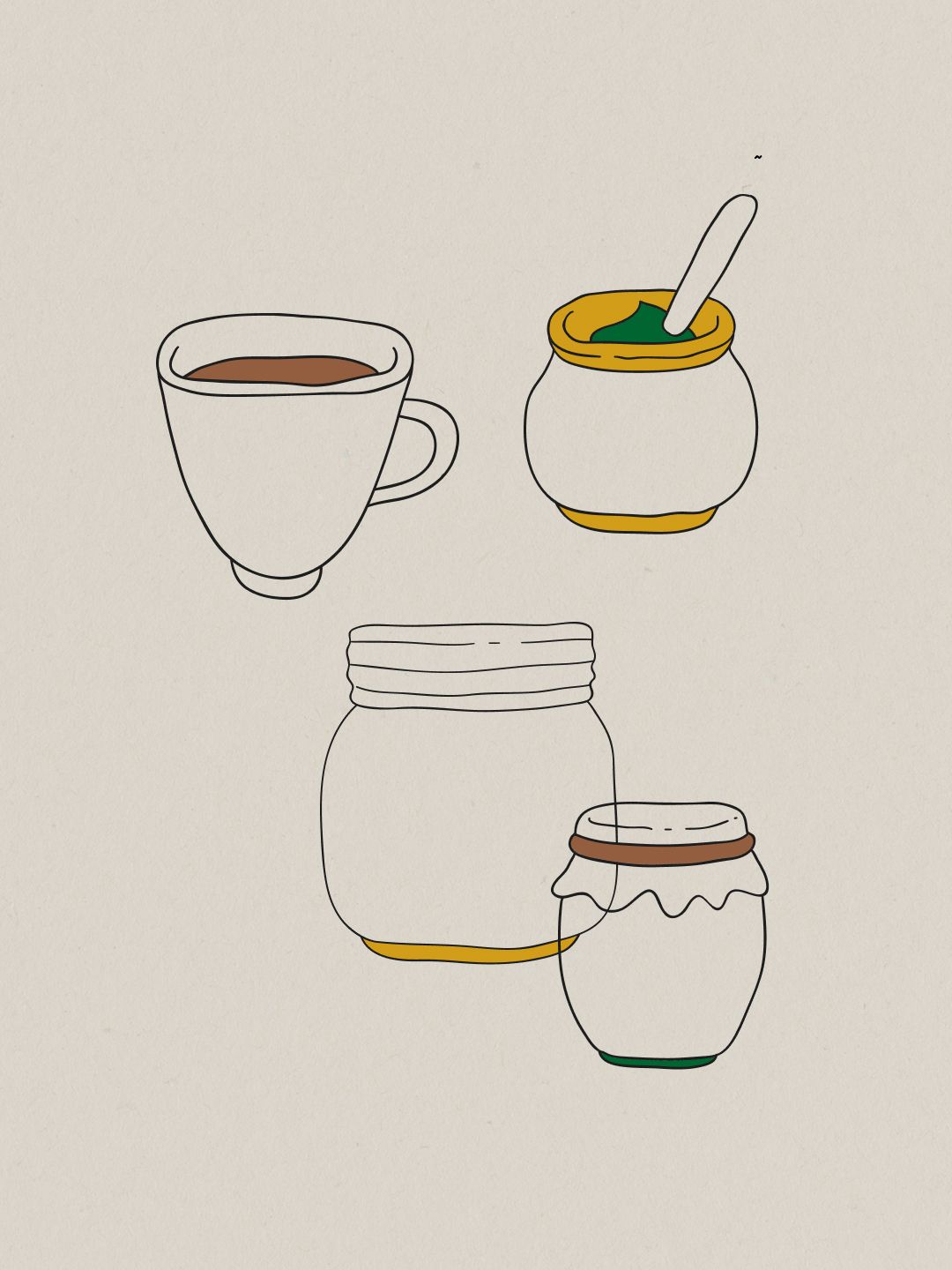
GiraffeHome — a place where food remembers why it was created
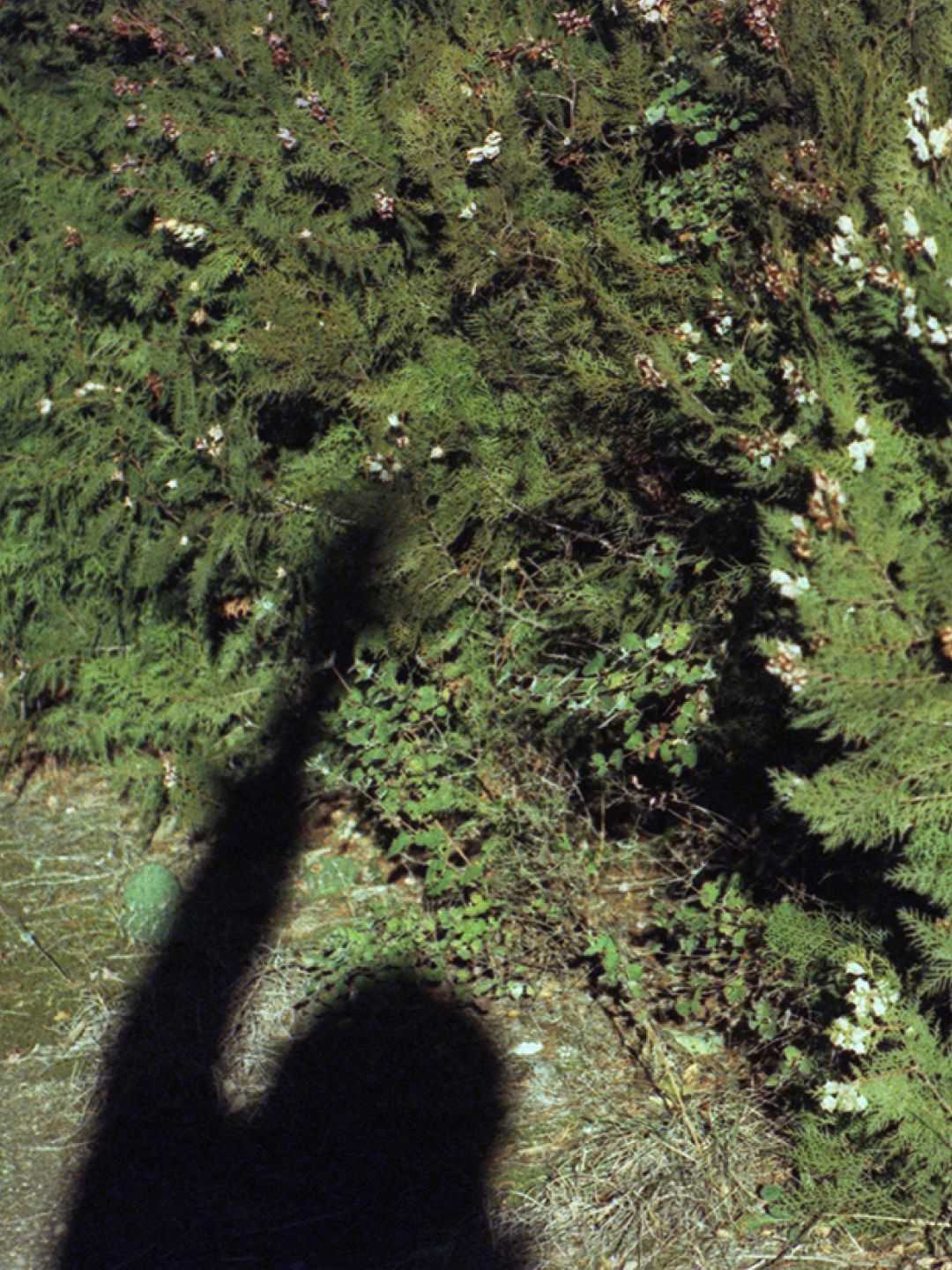
The Shadow That Knew the Light
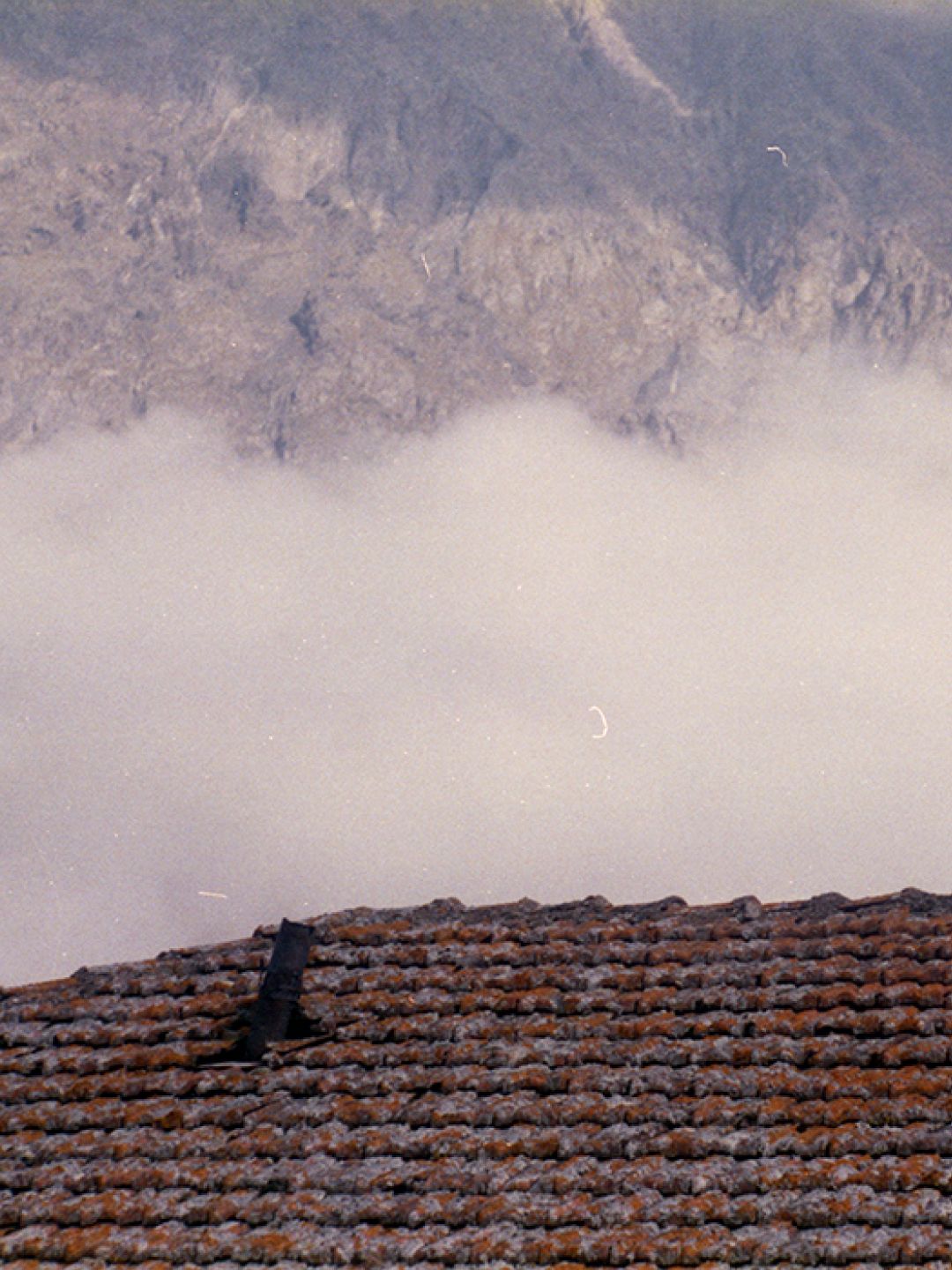
The Fog That Remembers

The Alchemy of the Sea Buckthorn
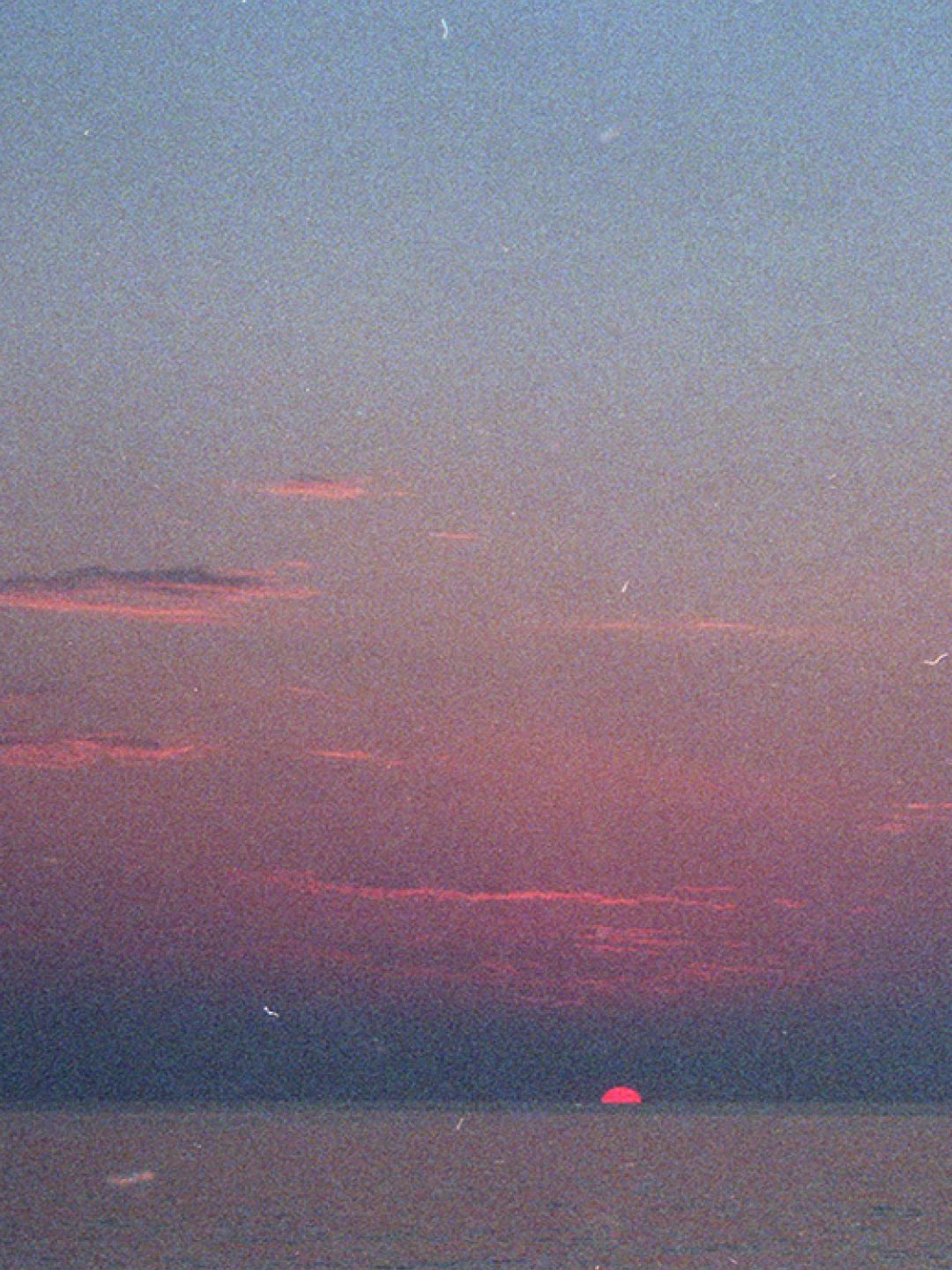
Fado of the Dying Sun
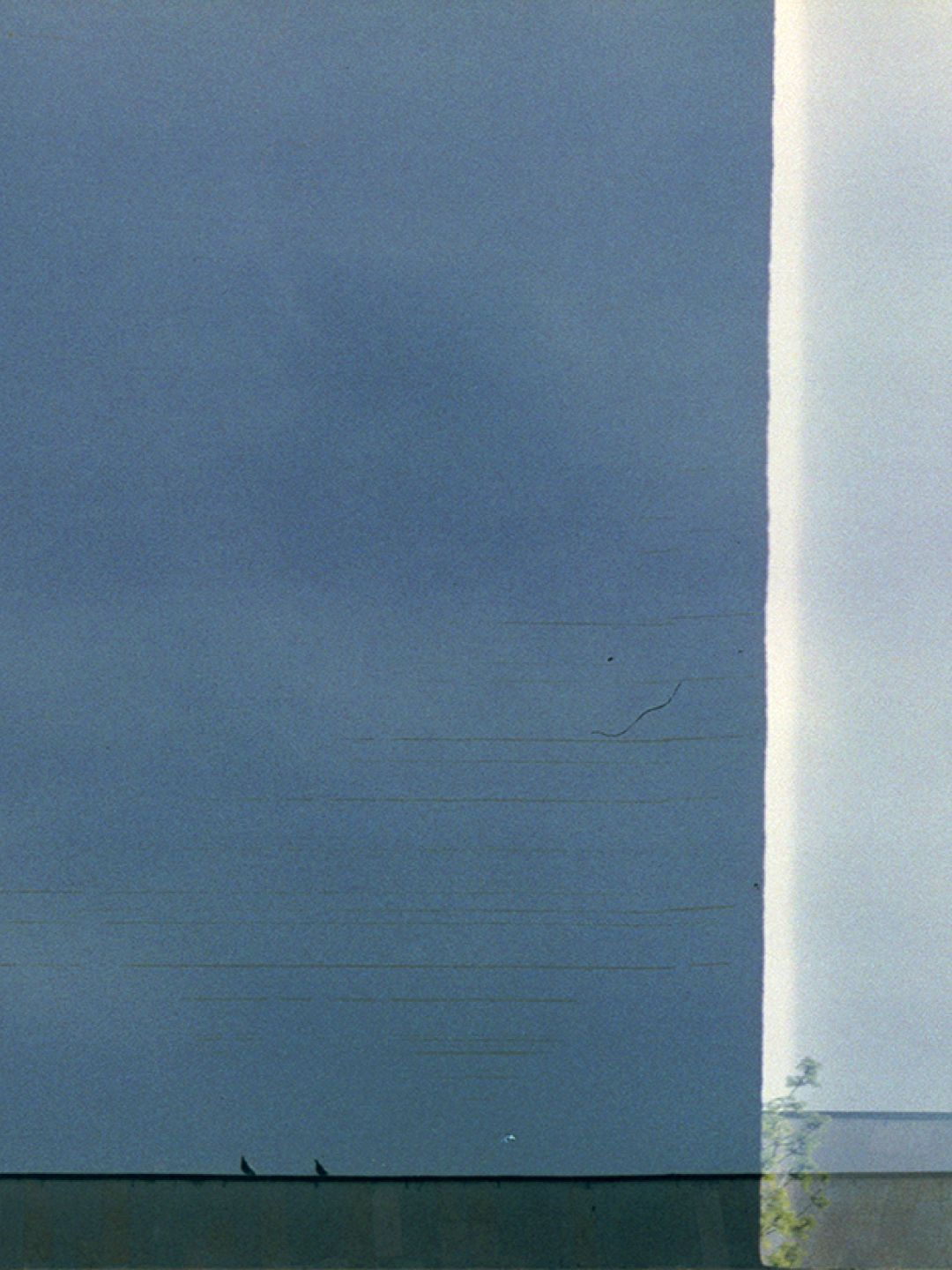
Peter’s Pigeons
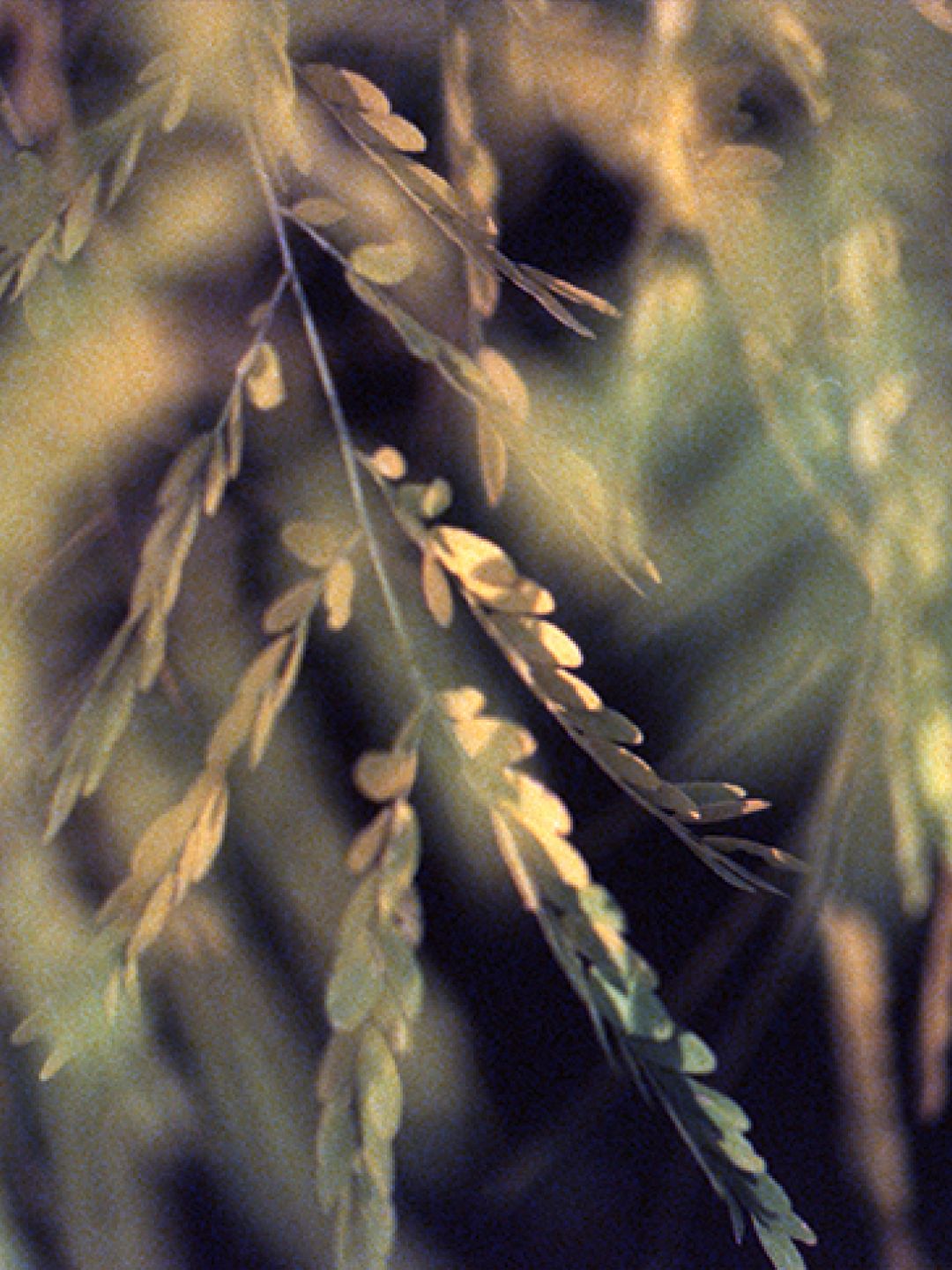
Whispers of the Acacia
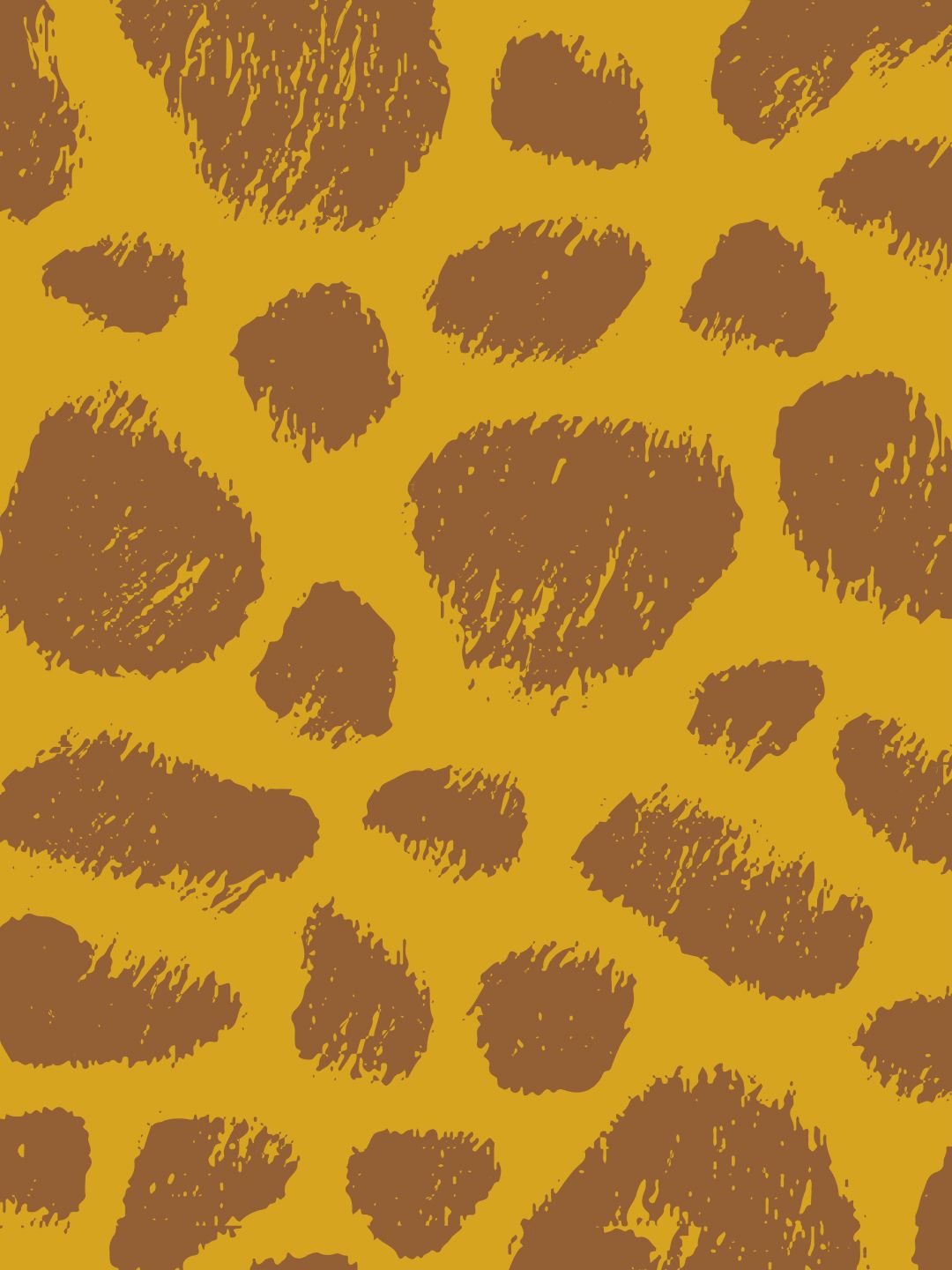
Lift your gaze

Igo and the Silence He Heard
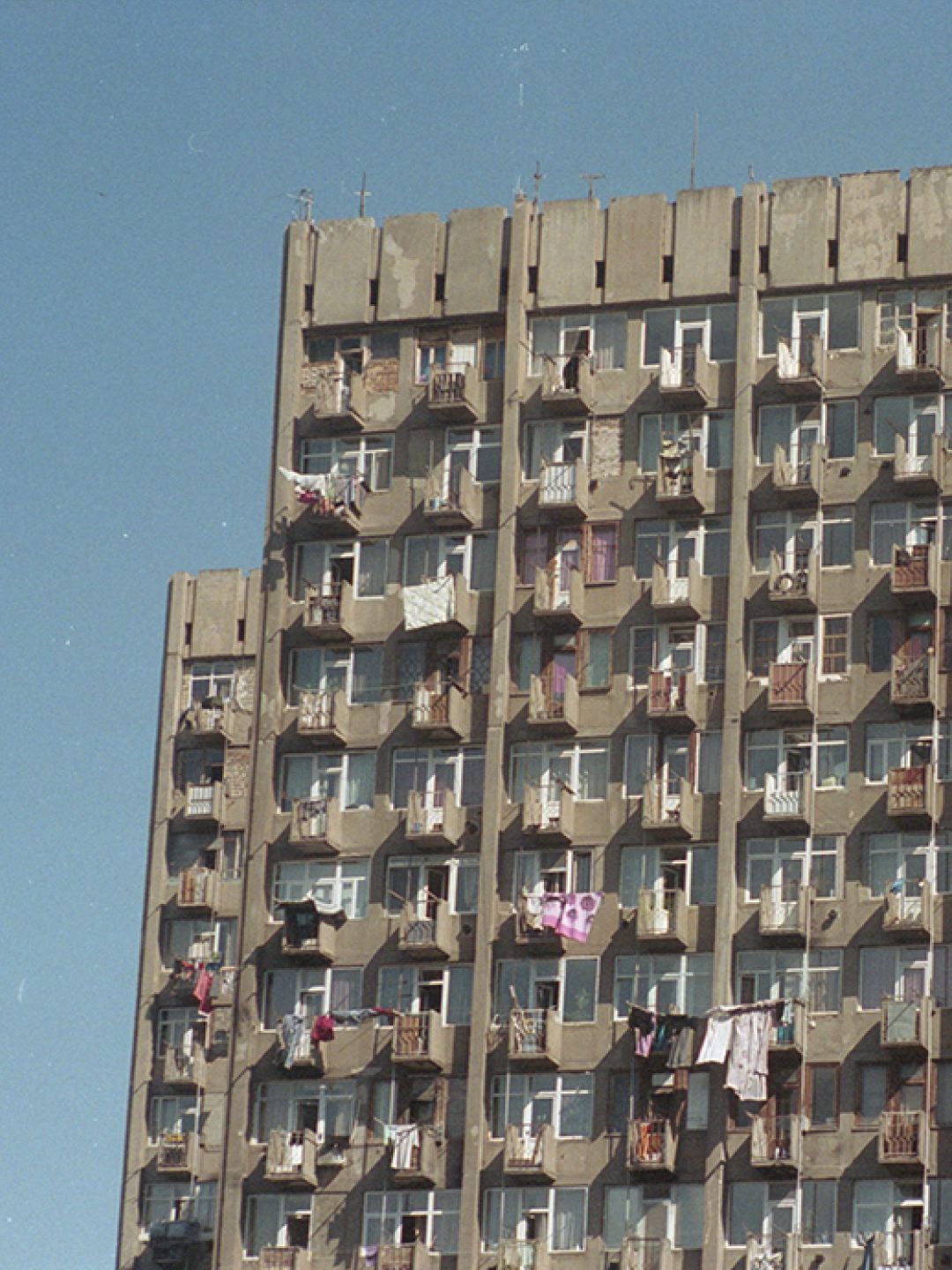
Lucia and the Voice That Woke Up Late
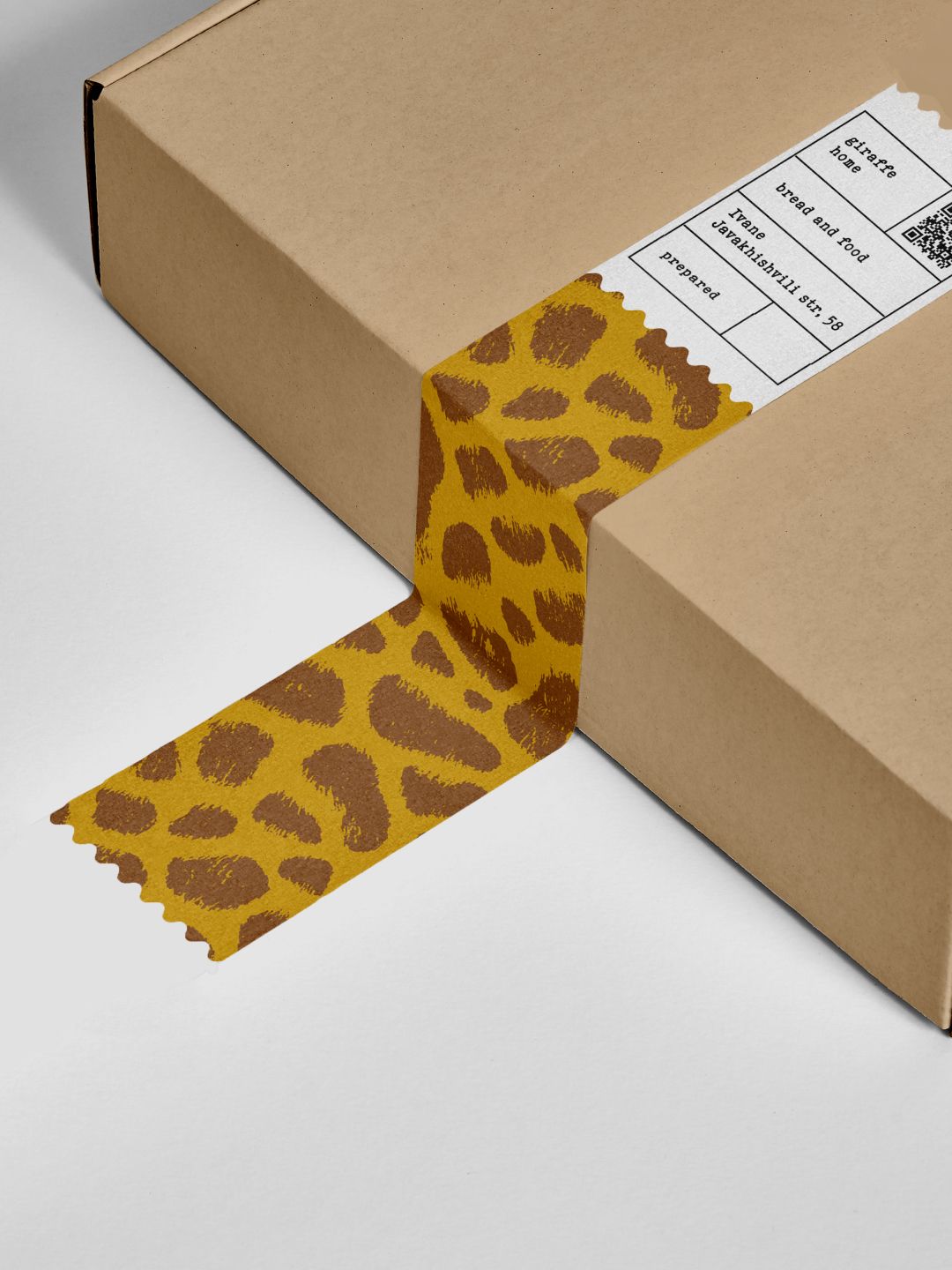
The Kitchen Where the World Comes Alive
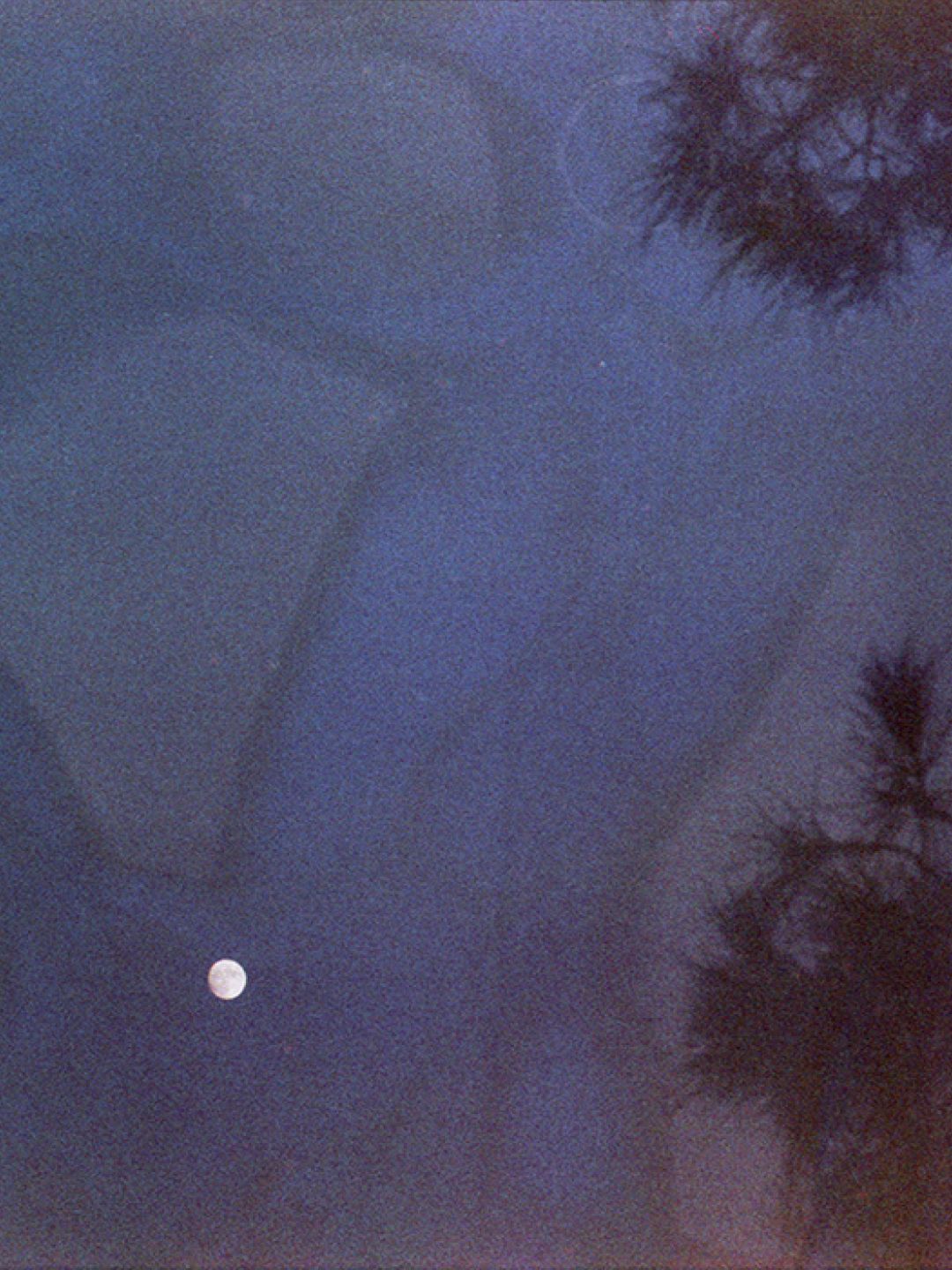
I, Tejo, Architect of Unspoken Worlds
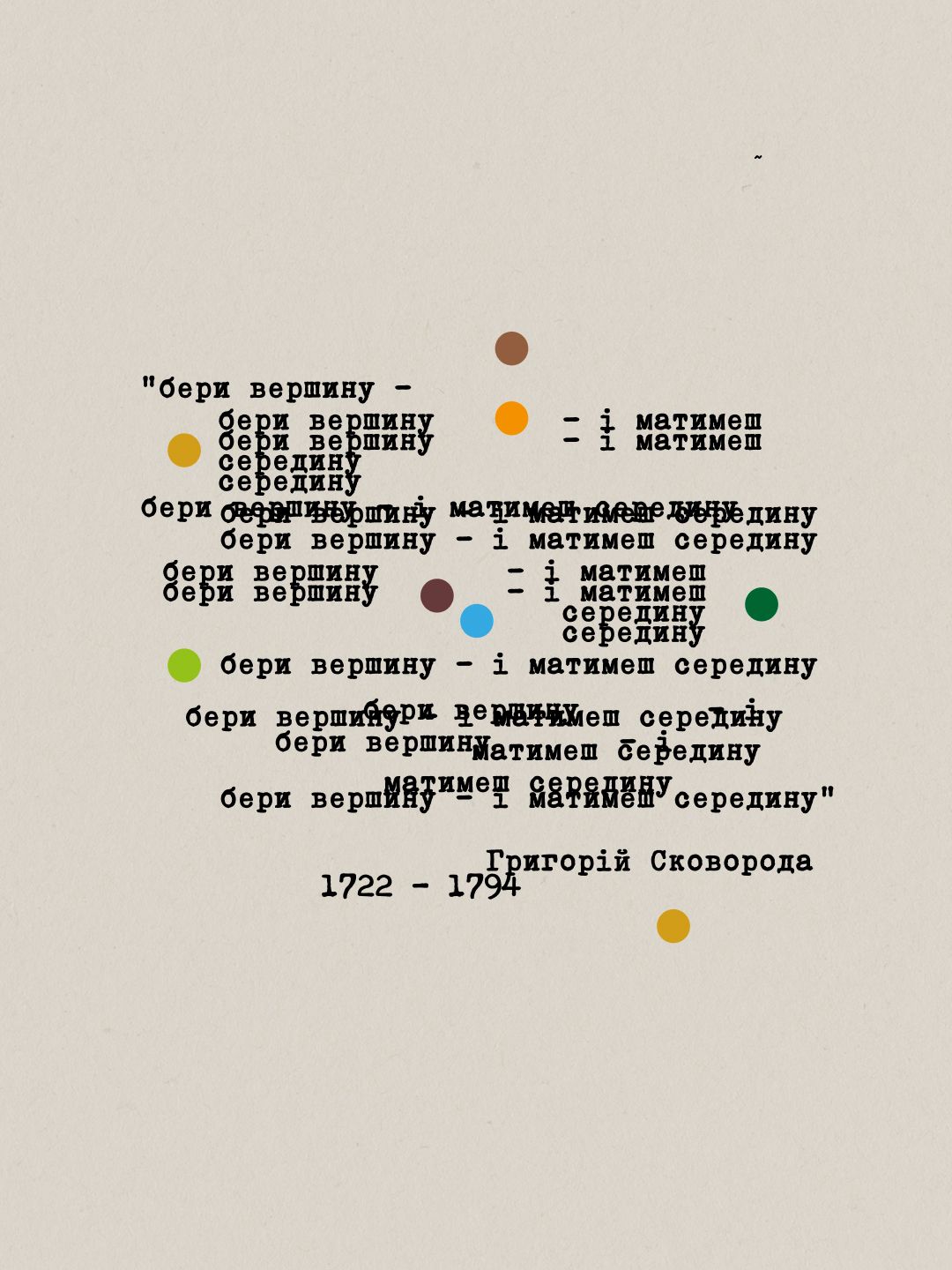
The Summit That Breathes Light
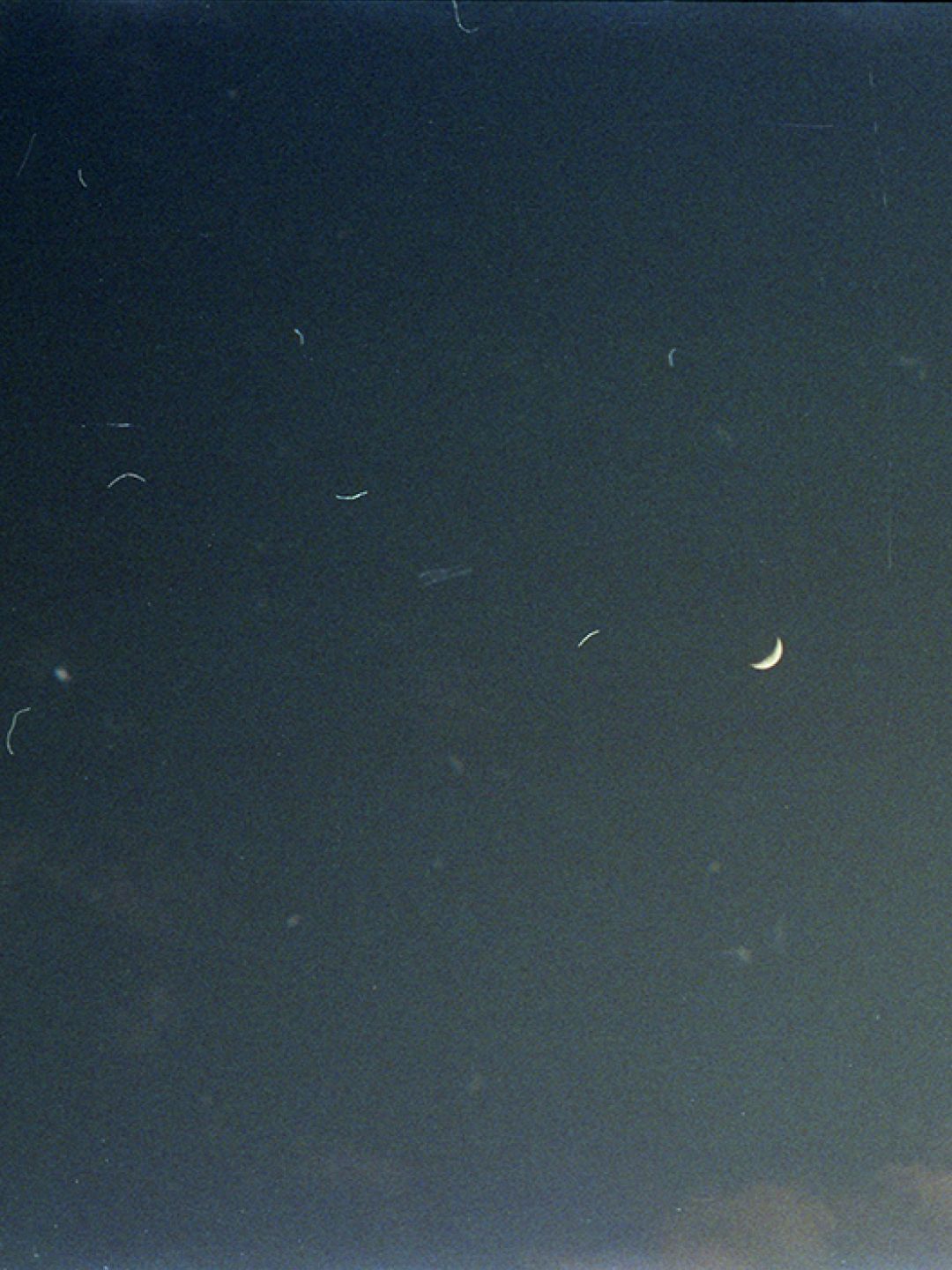
Where the Crickets Sing
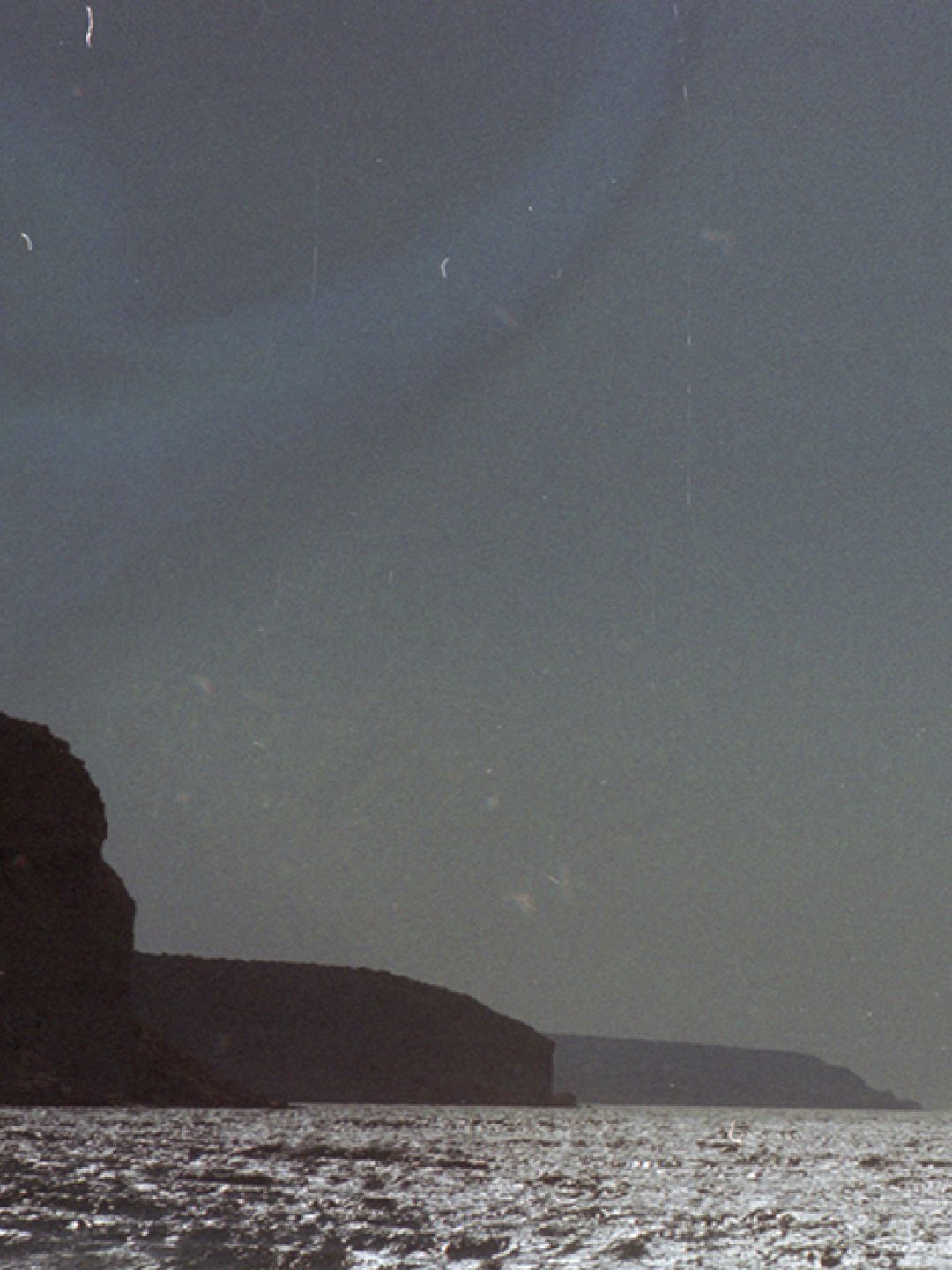
To my grandmother Annushka
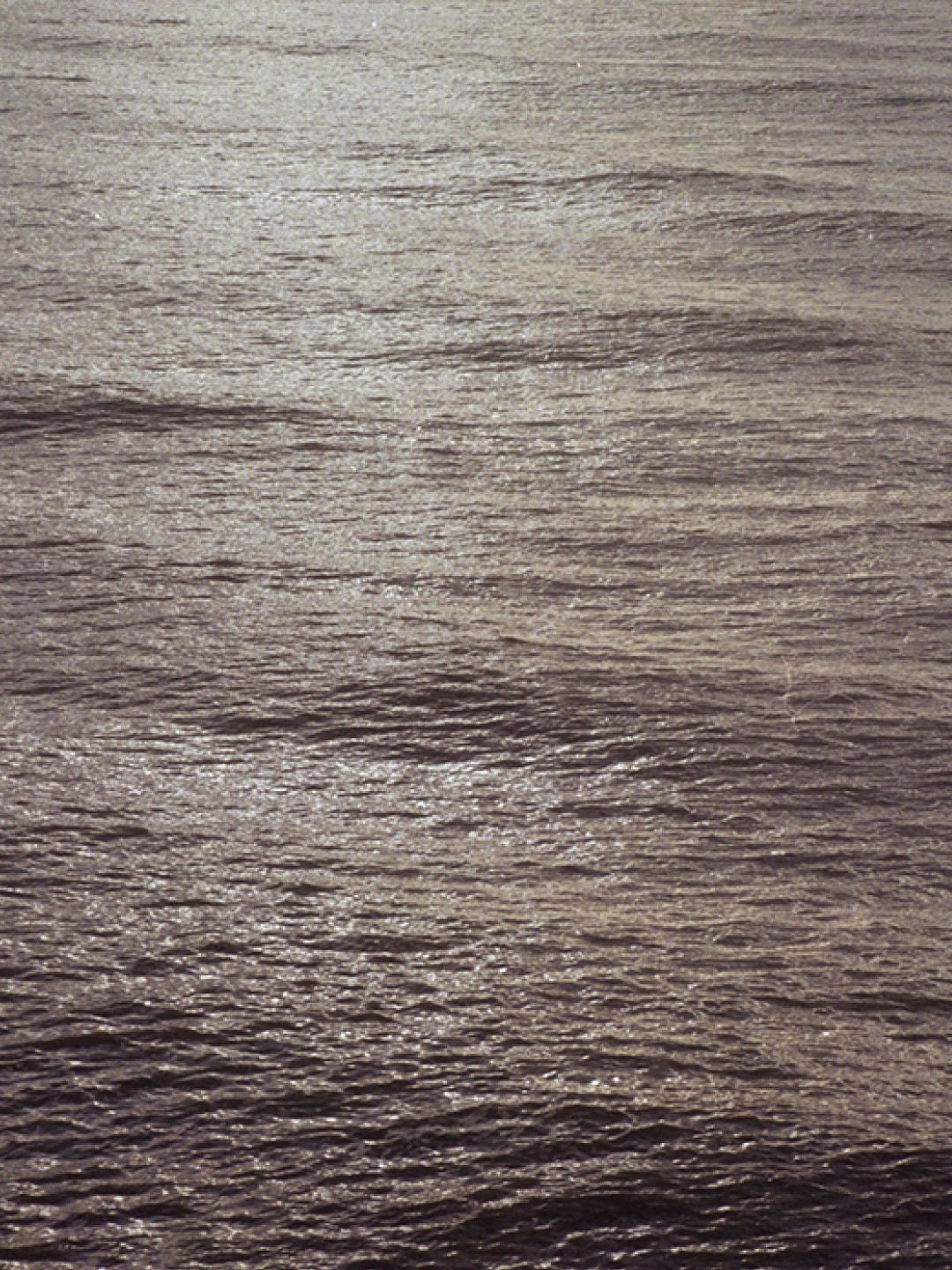
Odysseus
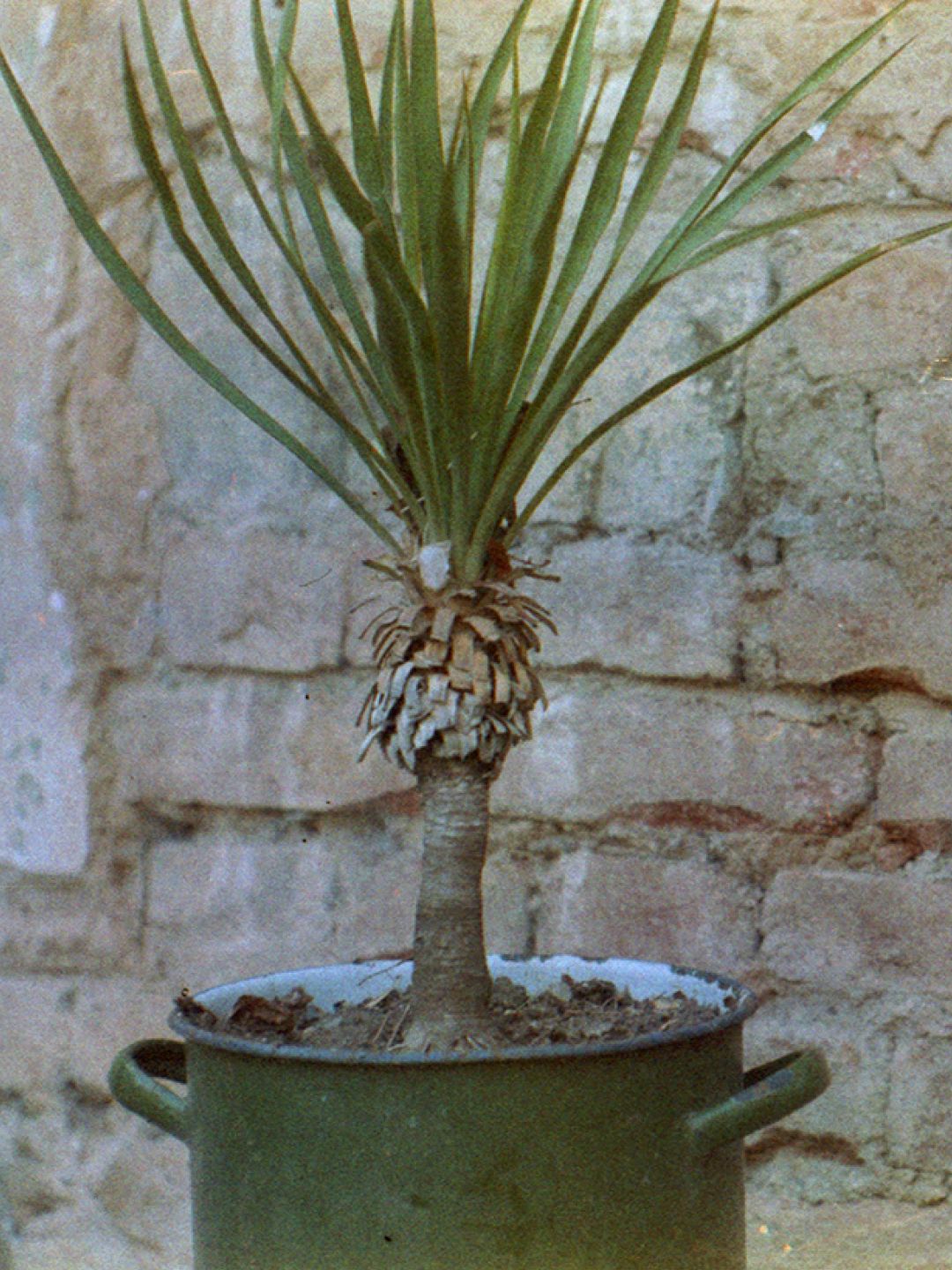
Victor’s plant
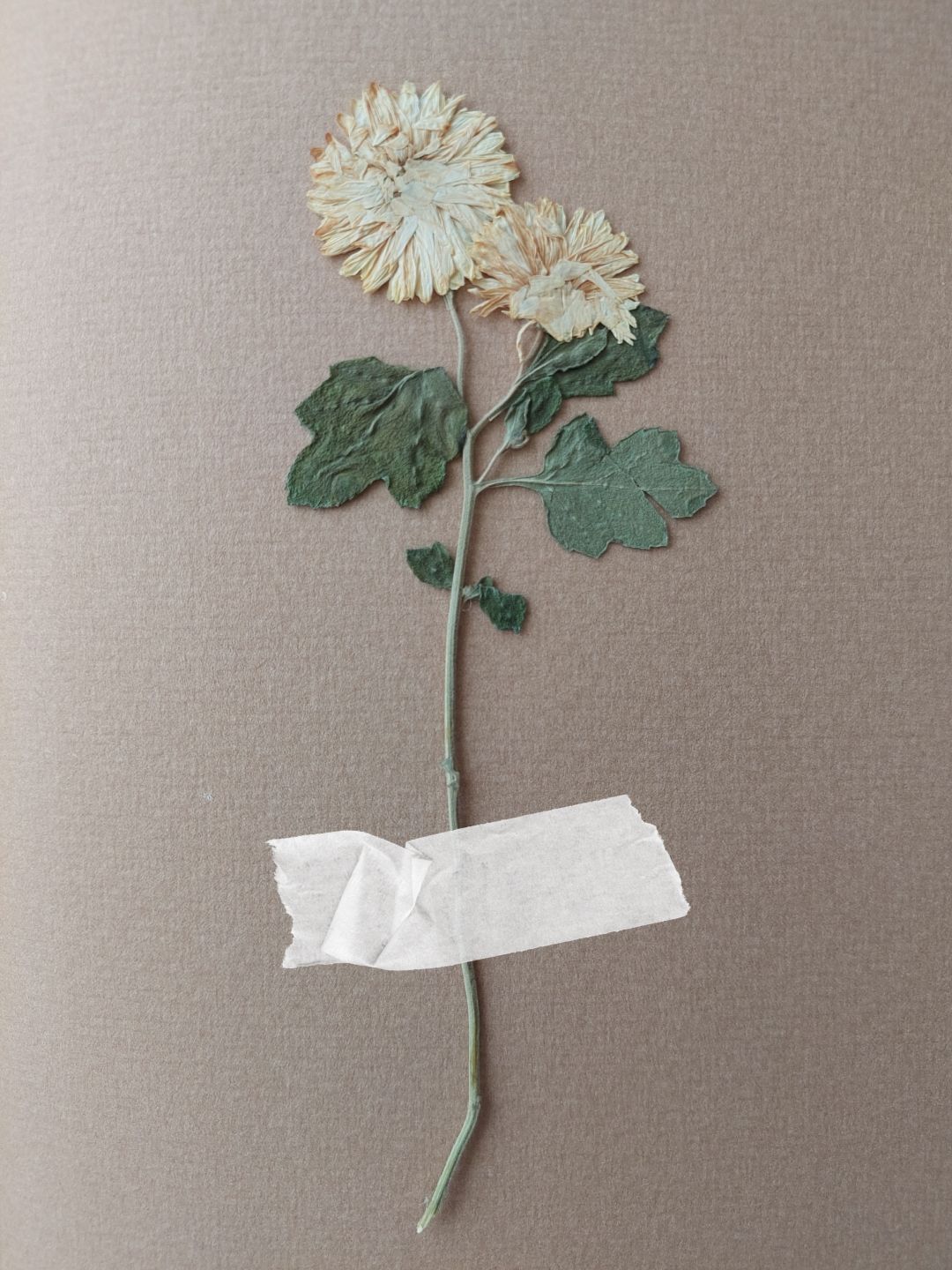
Lila’s Herbarium
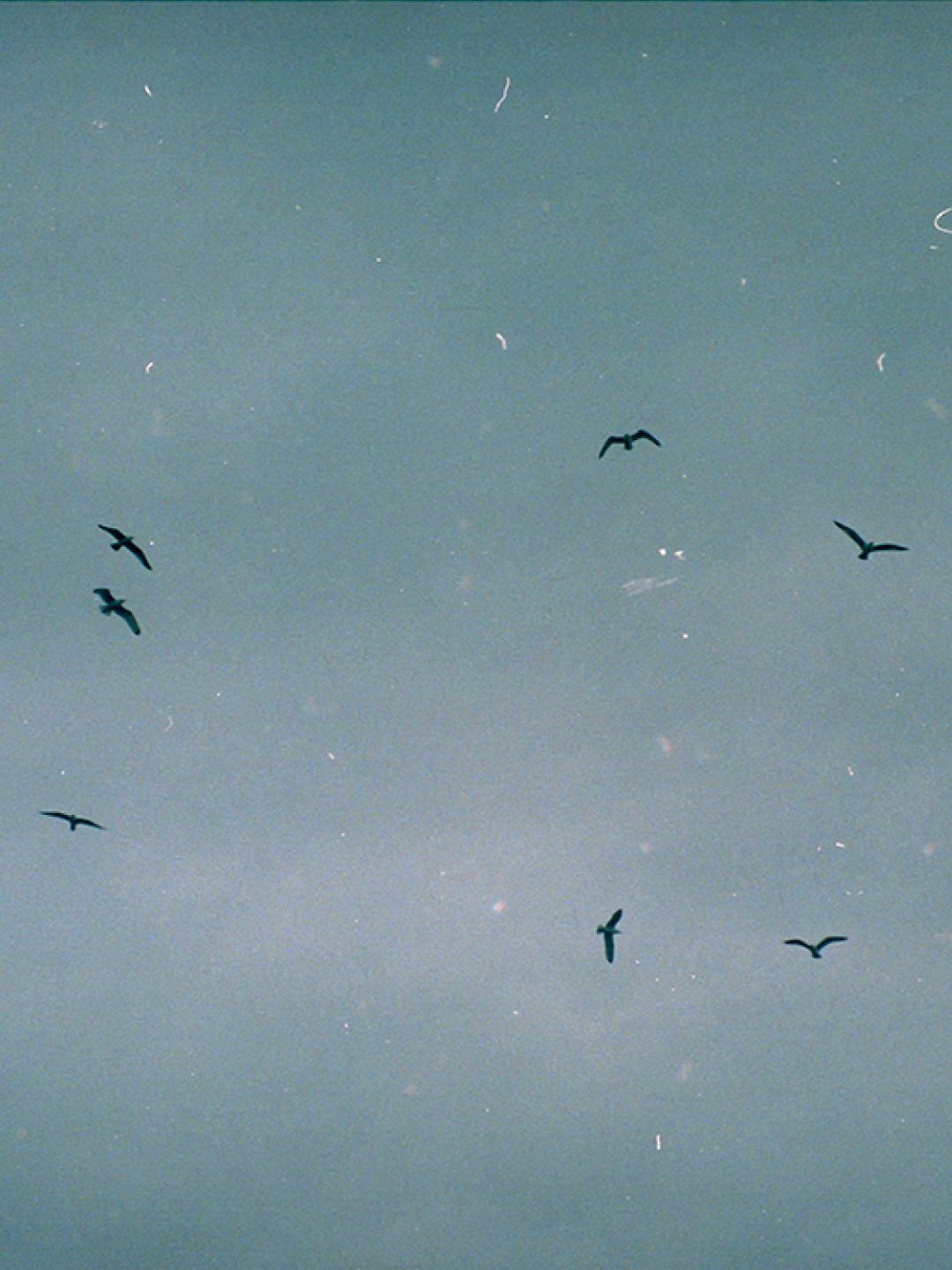
When the Birds Return
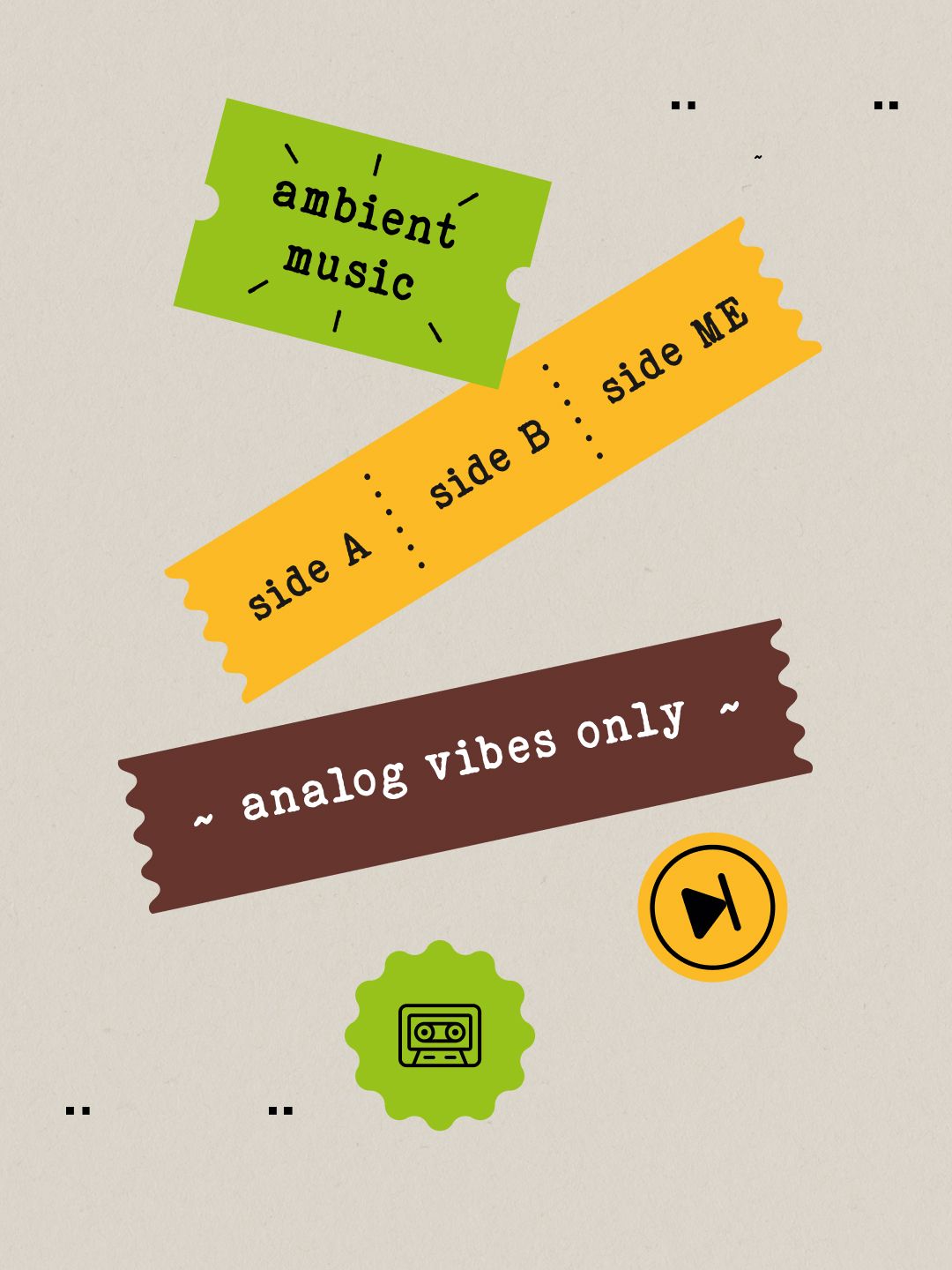
Where Sound Ends: Ambient as a Way of Being
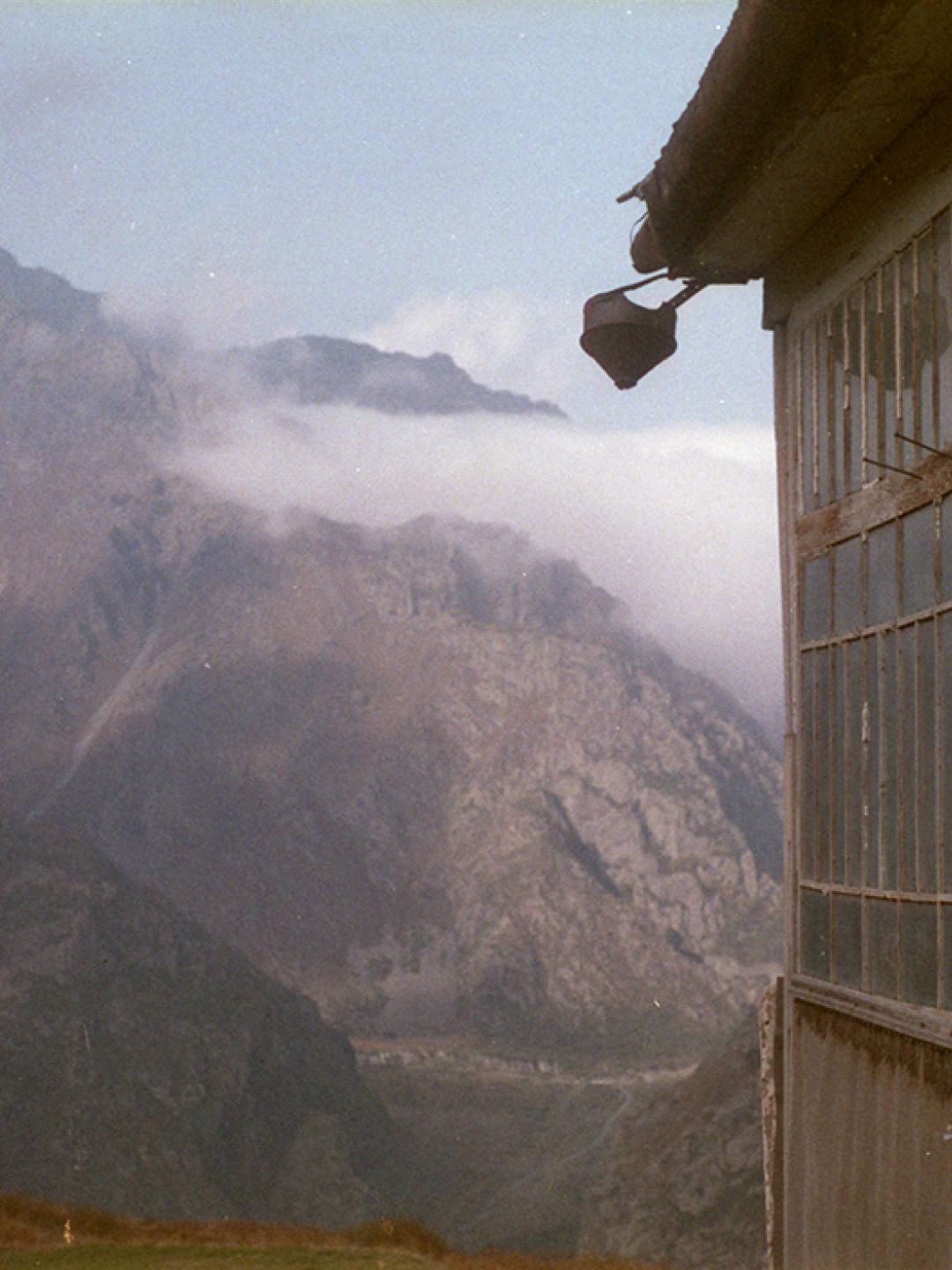
Not by path, but by memory
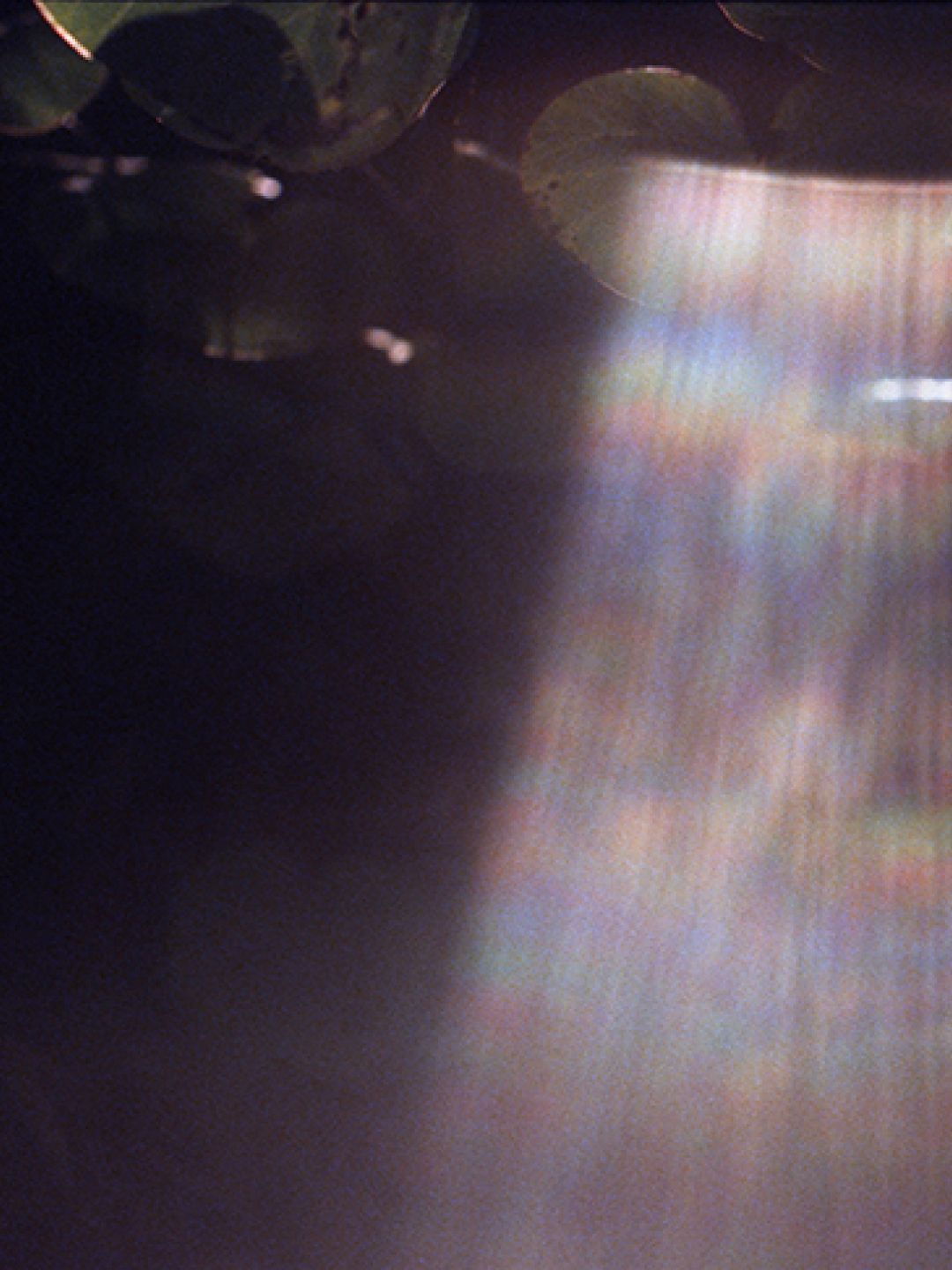
The bread rose in the oven
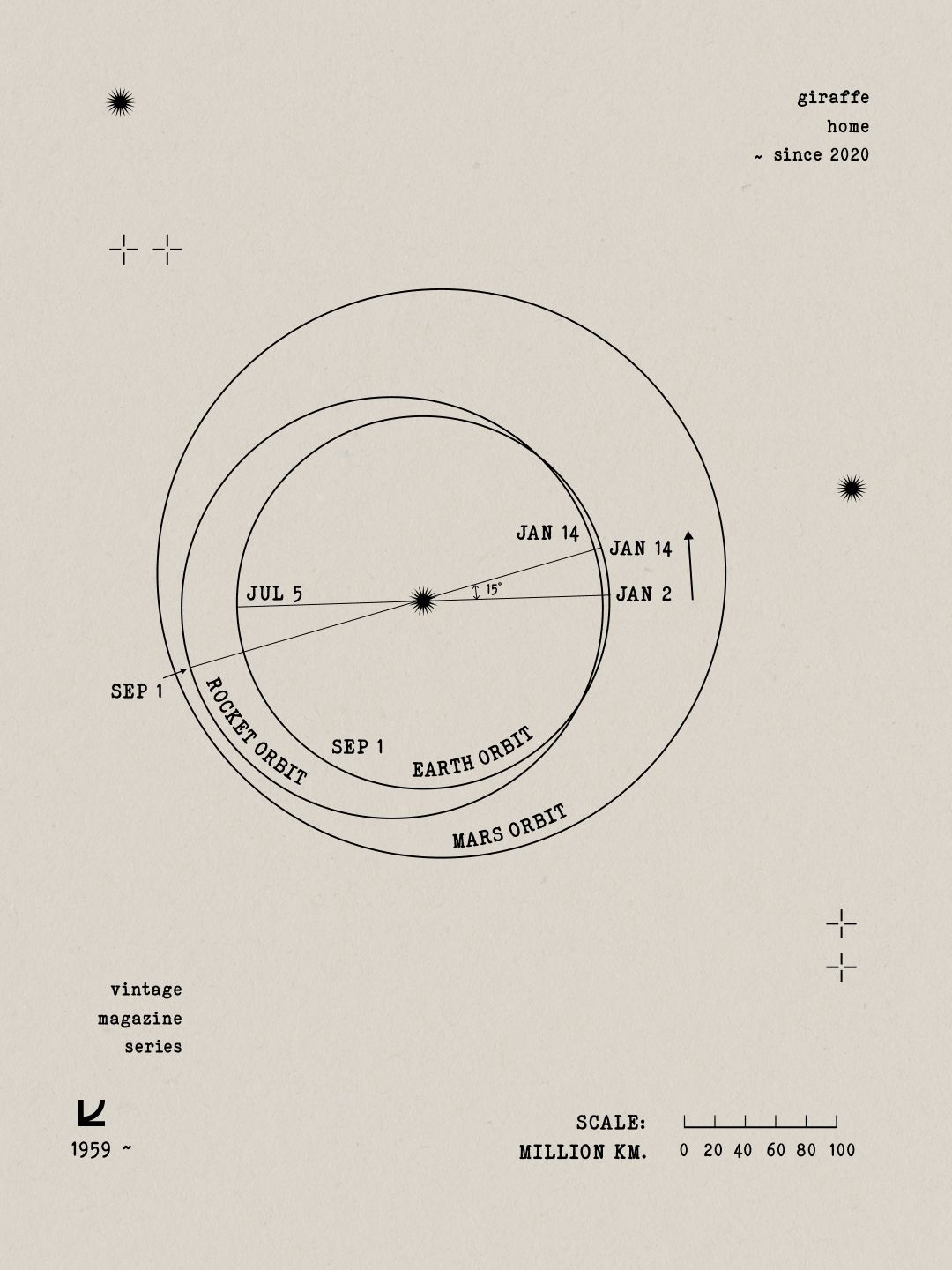
New Merch from giraffehome — Artifacts of Time on T-Shirts. Coming Soon
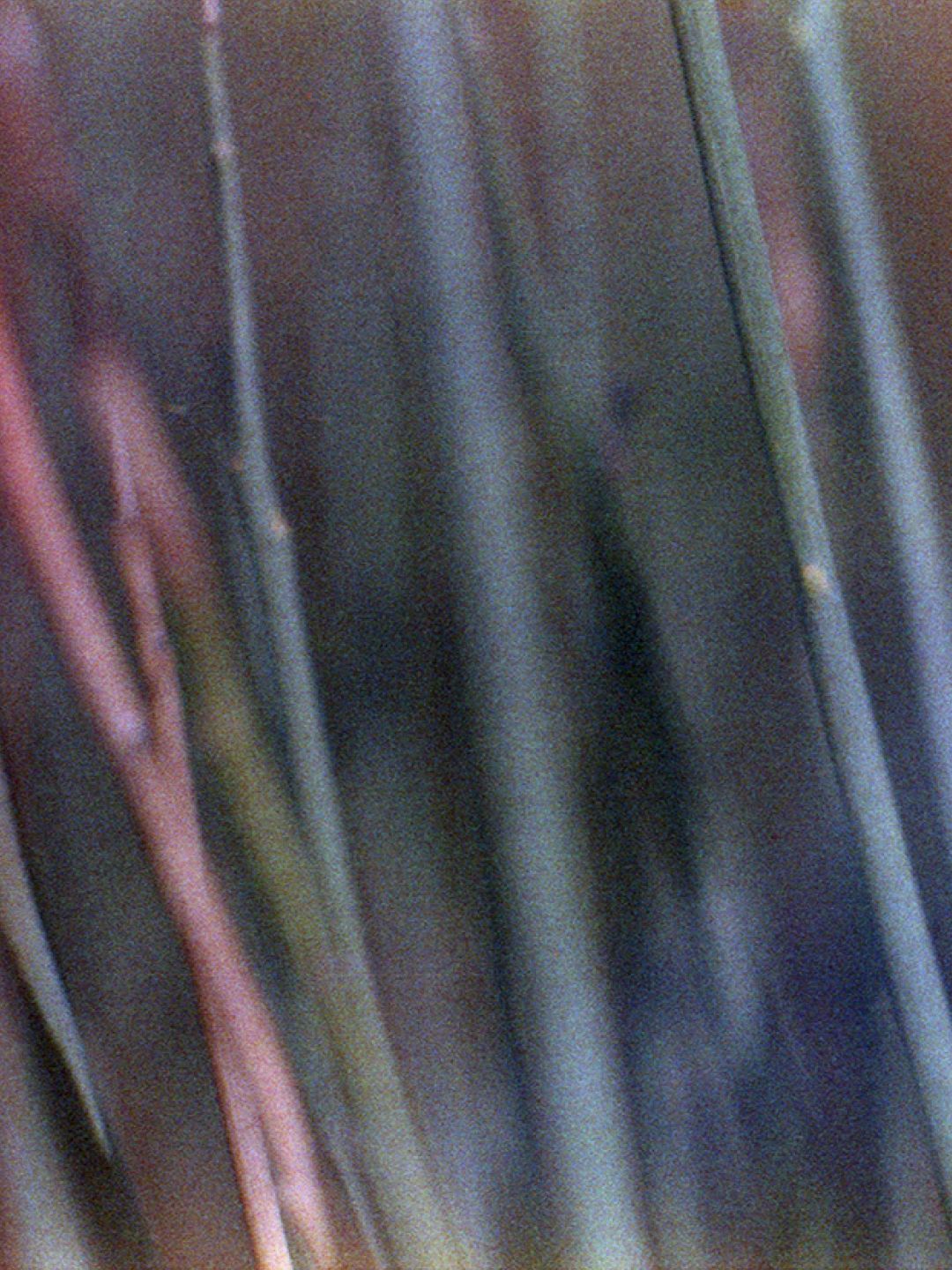
The Light Within
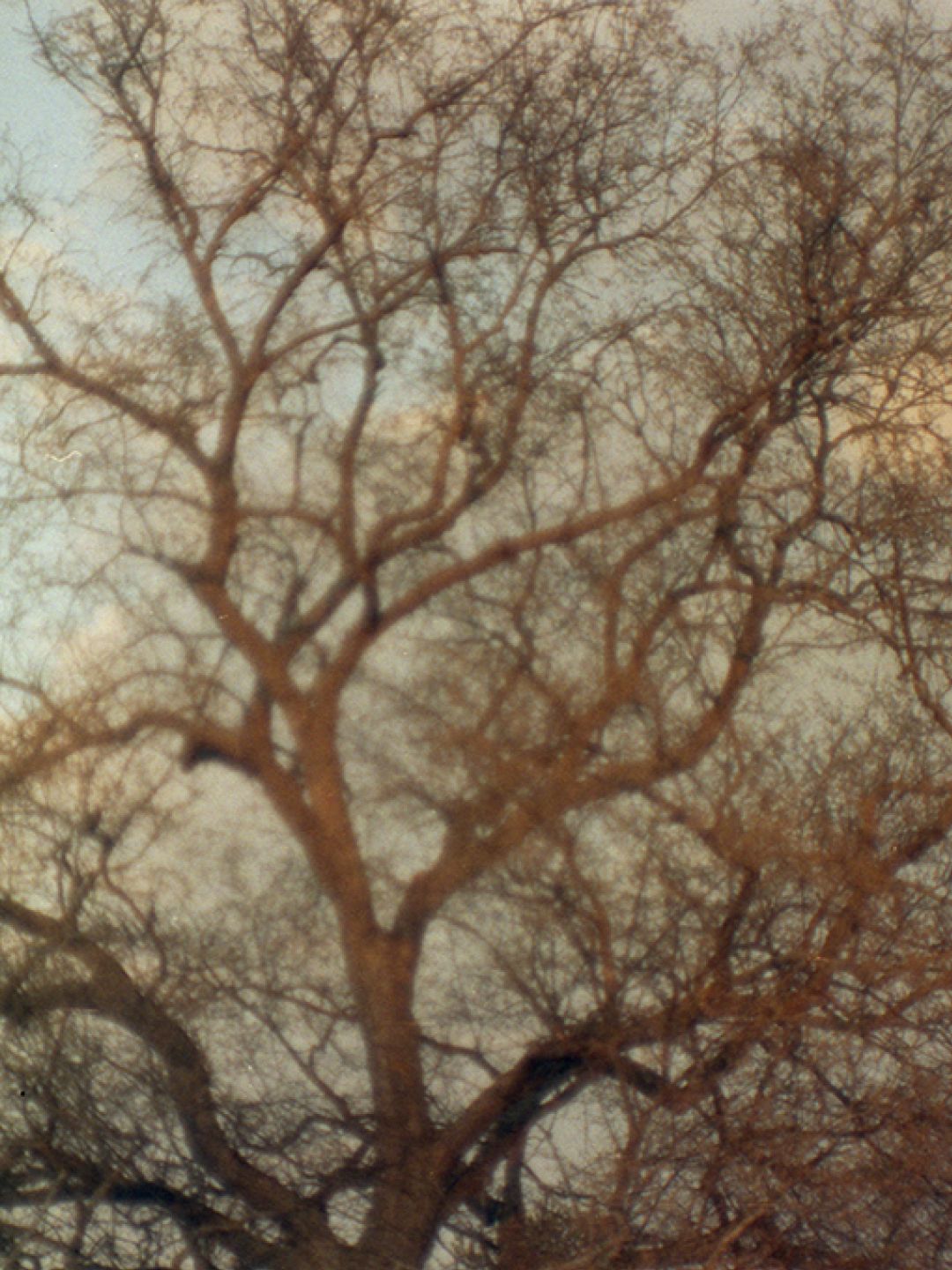
When the trees were small
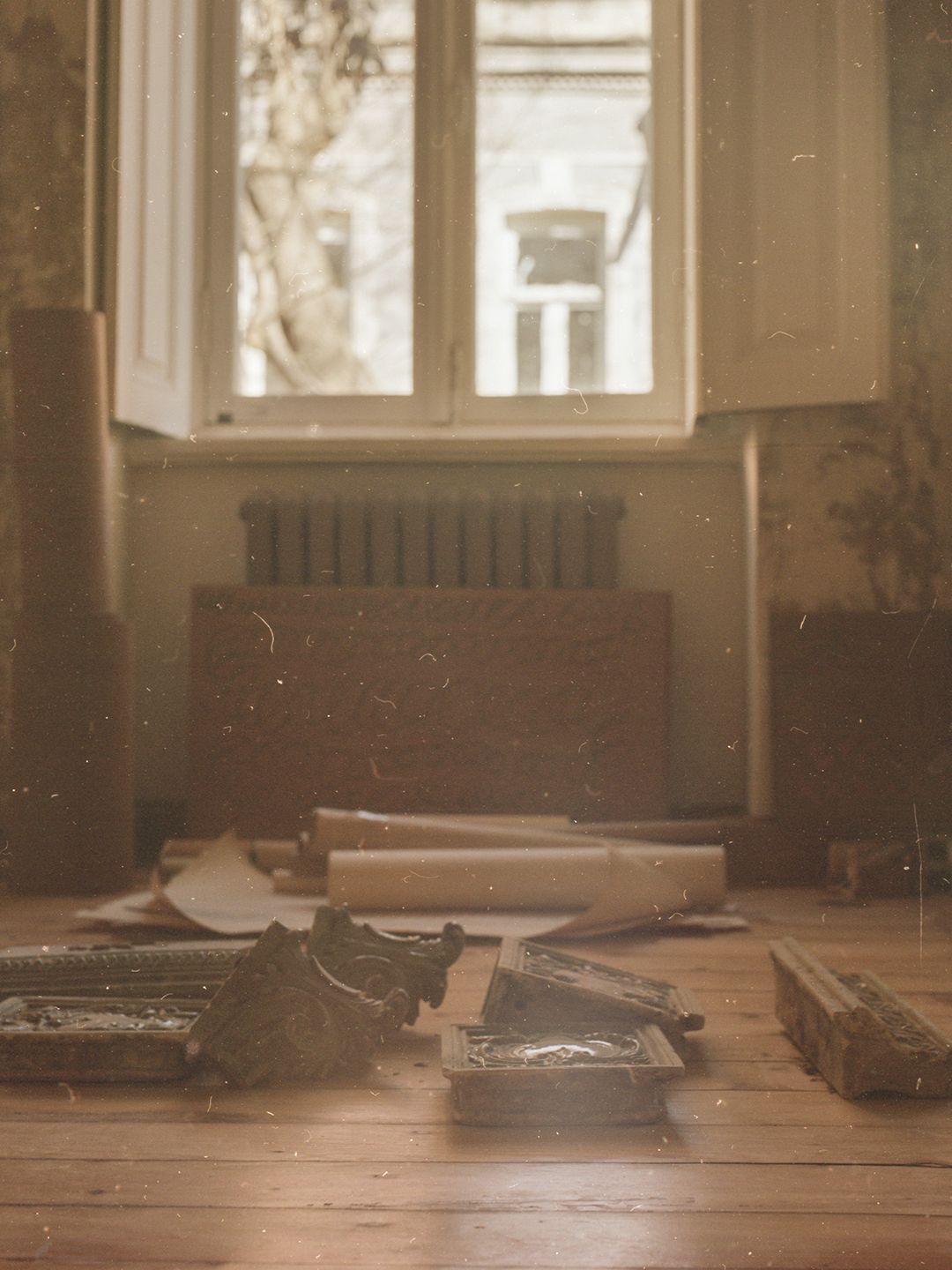
Light through the window
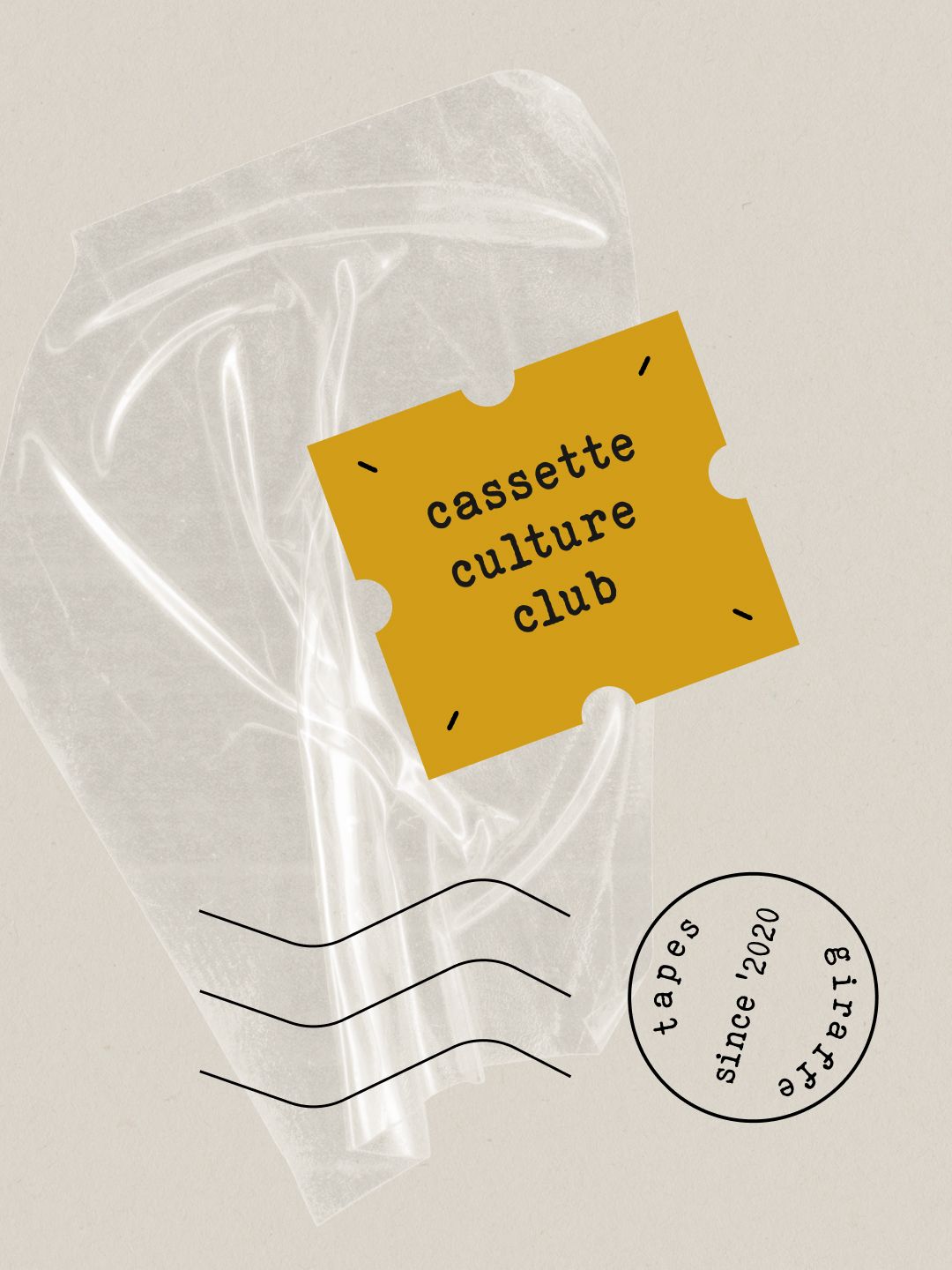
I am giraffe tapes
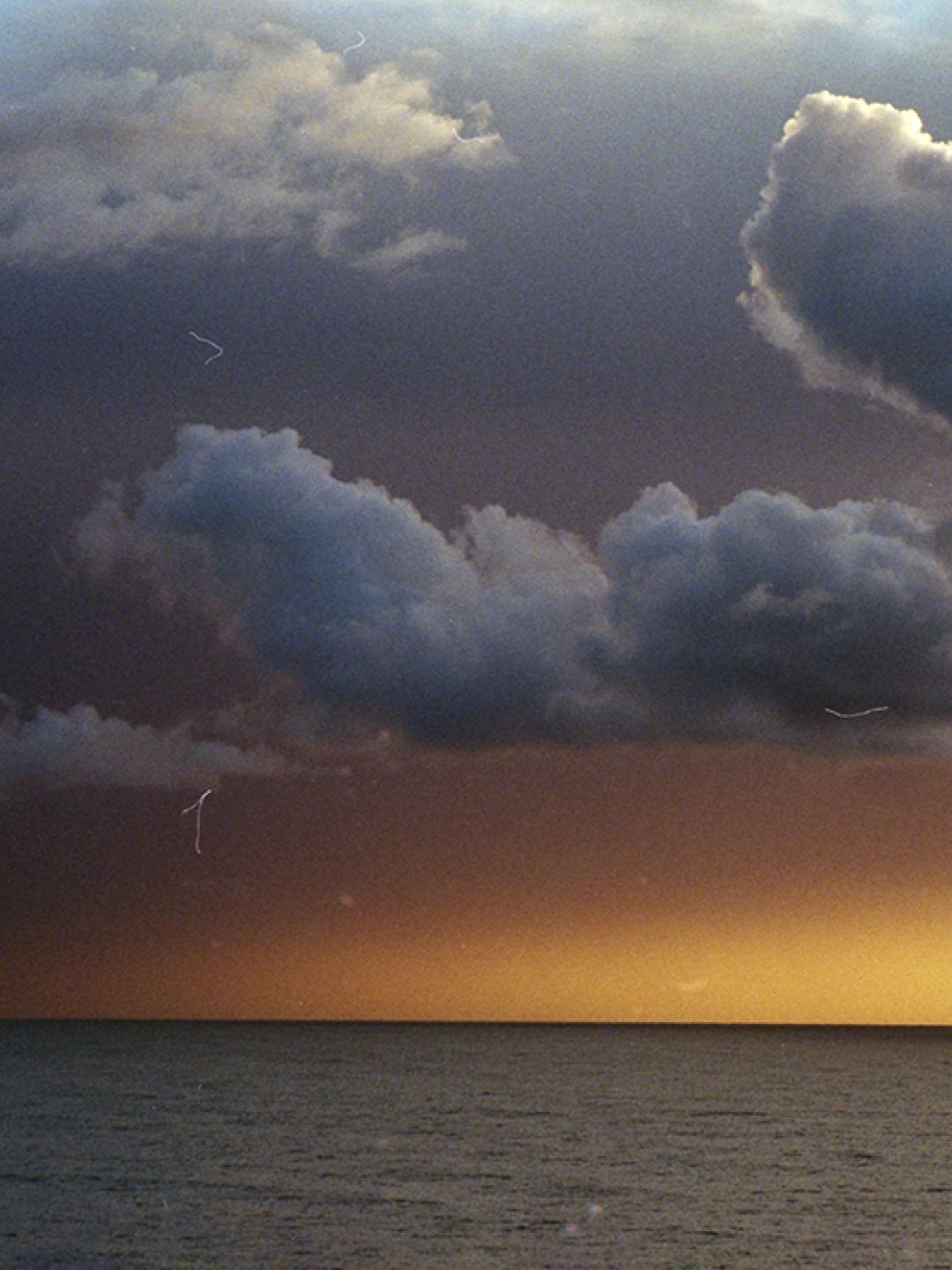
The ocean
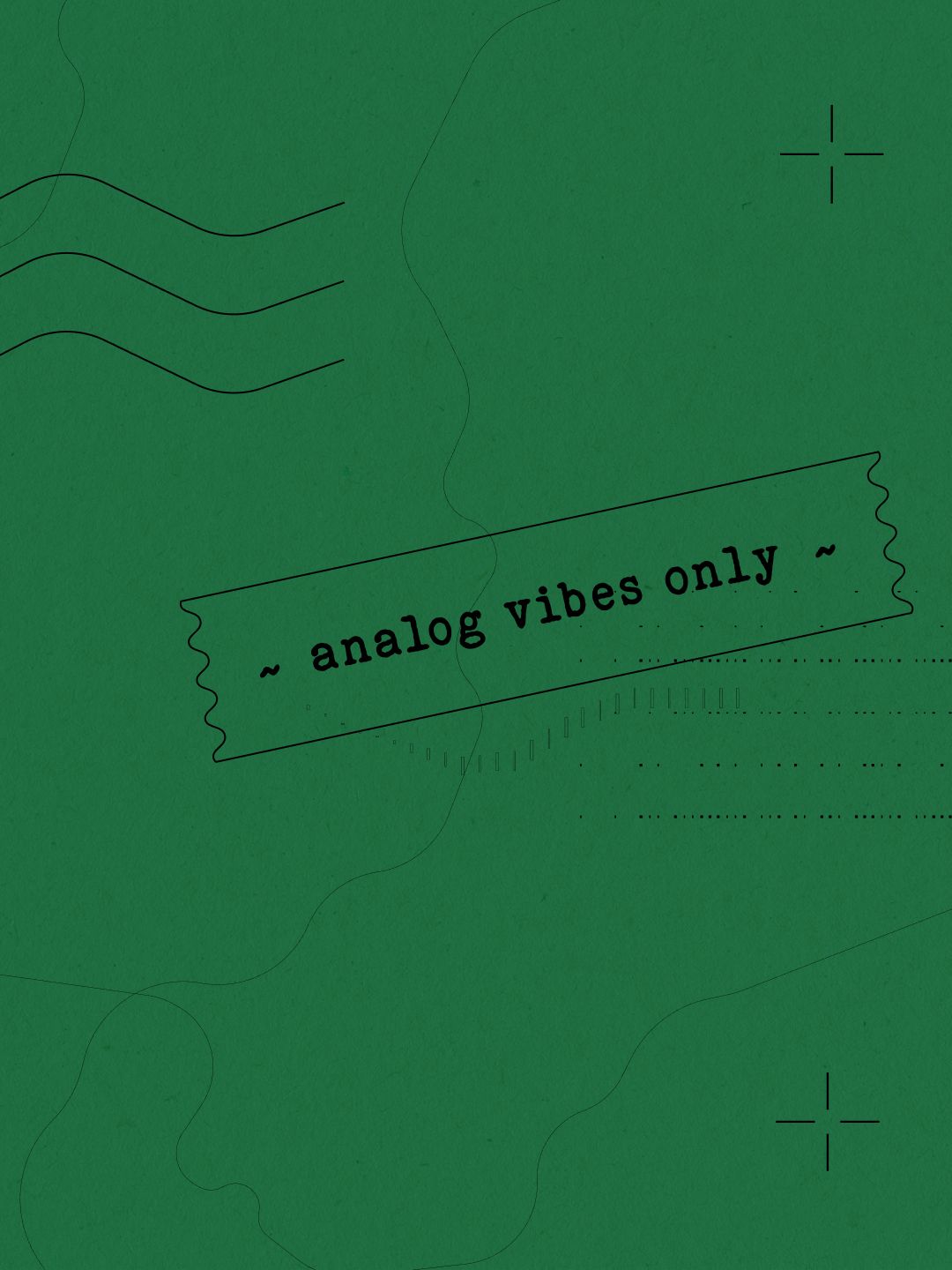
Analog vibes only
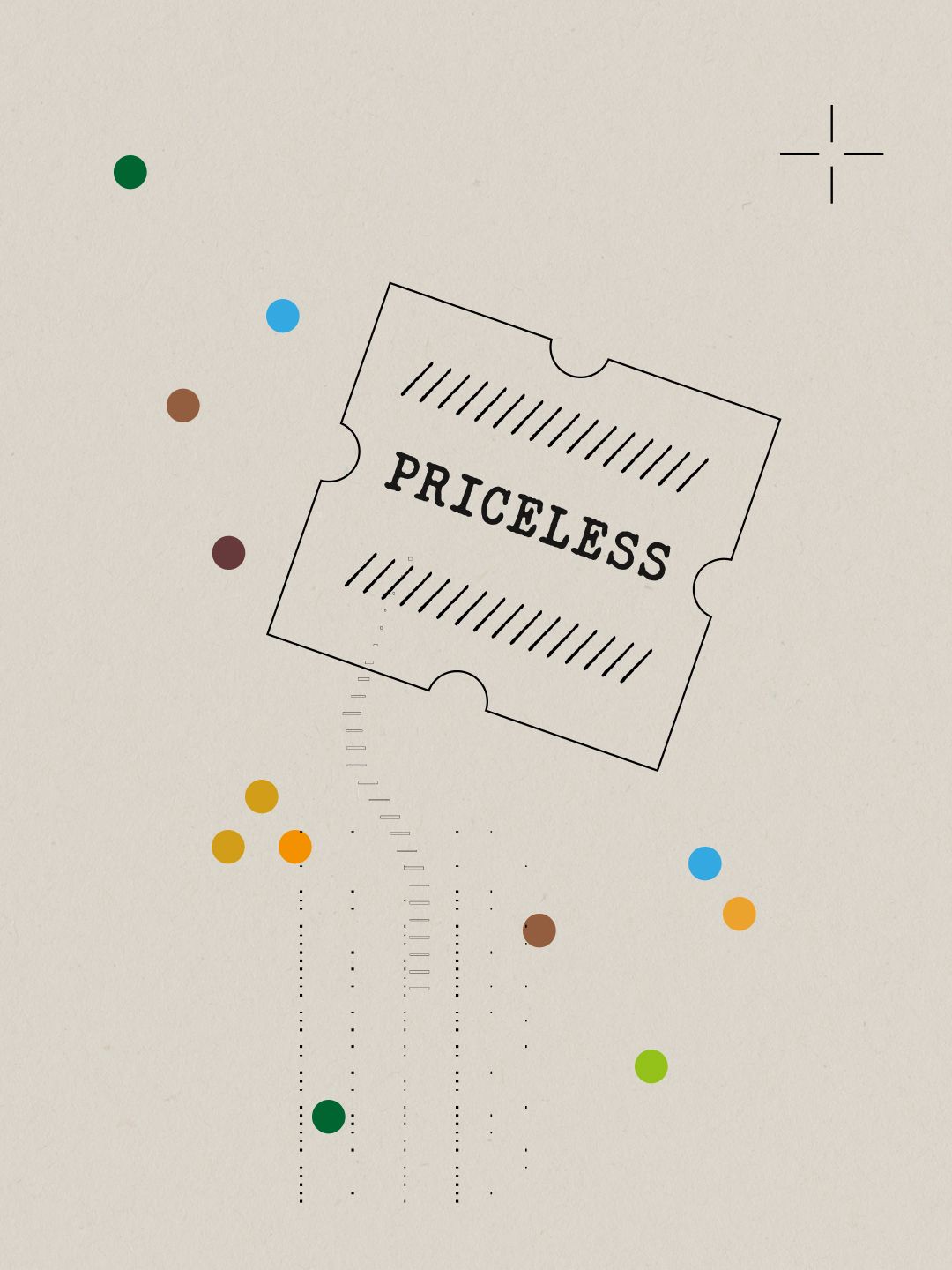
Priceless
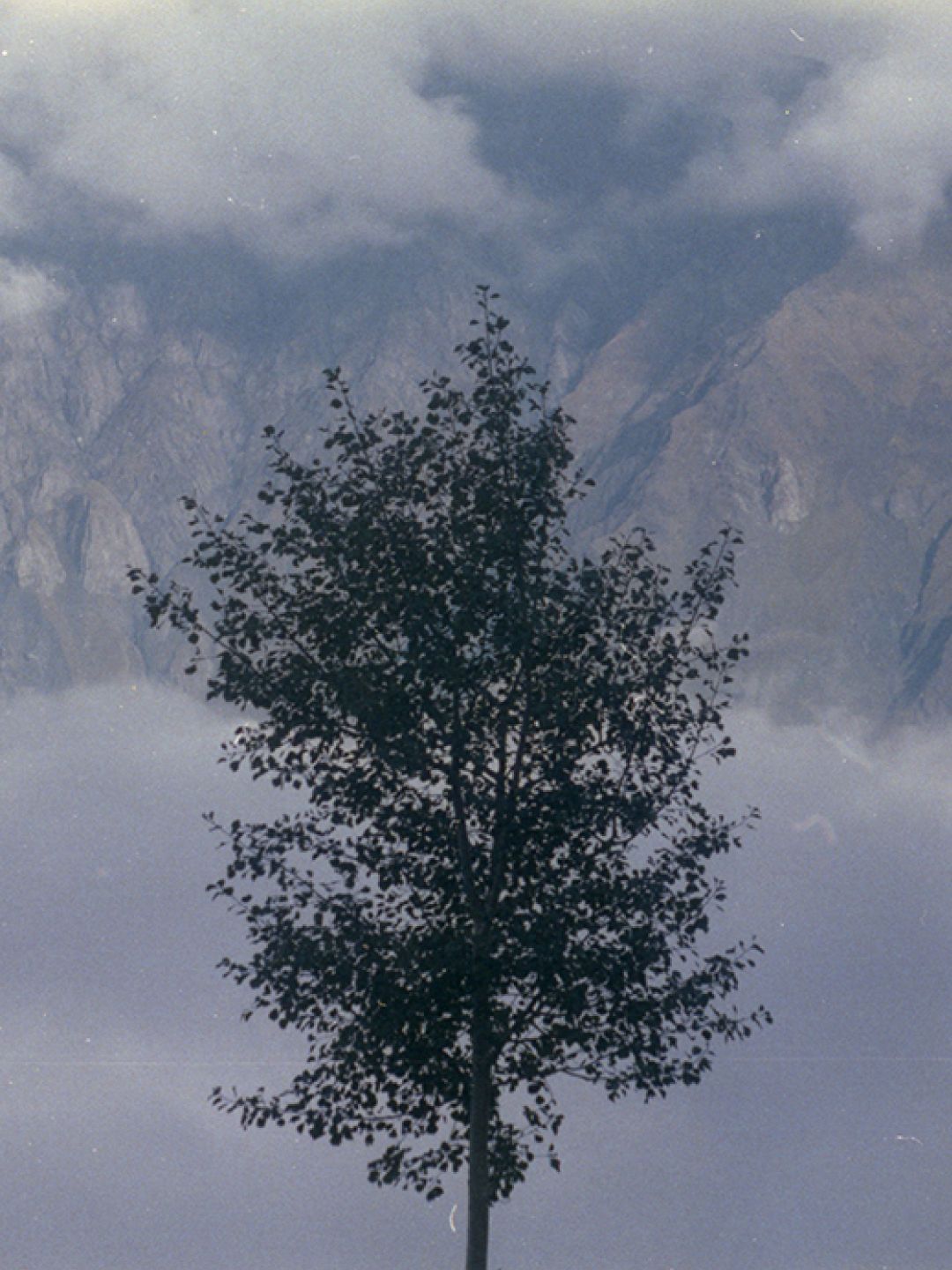
A Lonely Tree Between Worlds
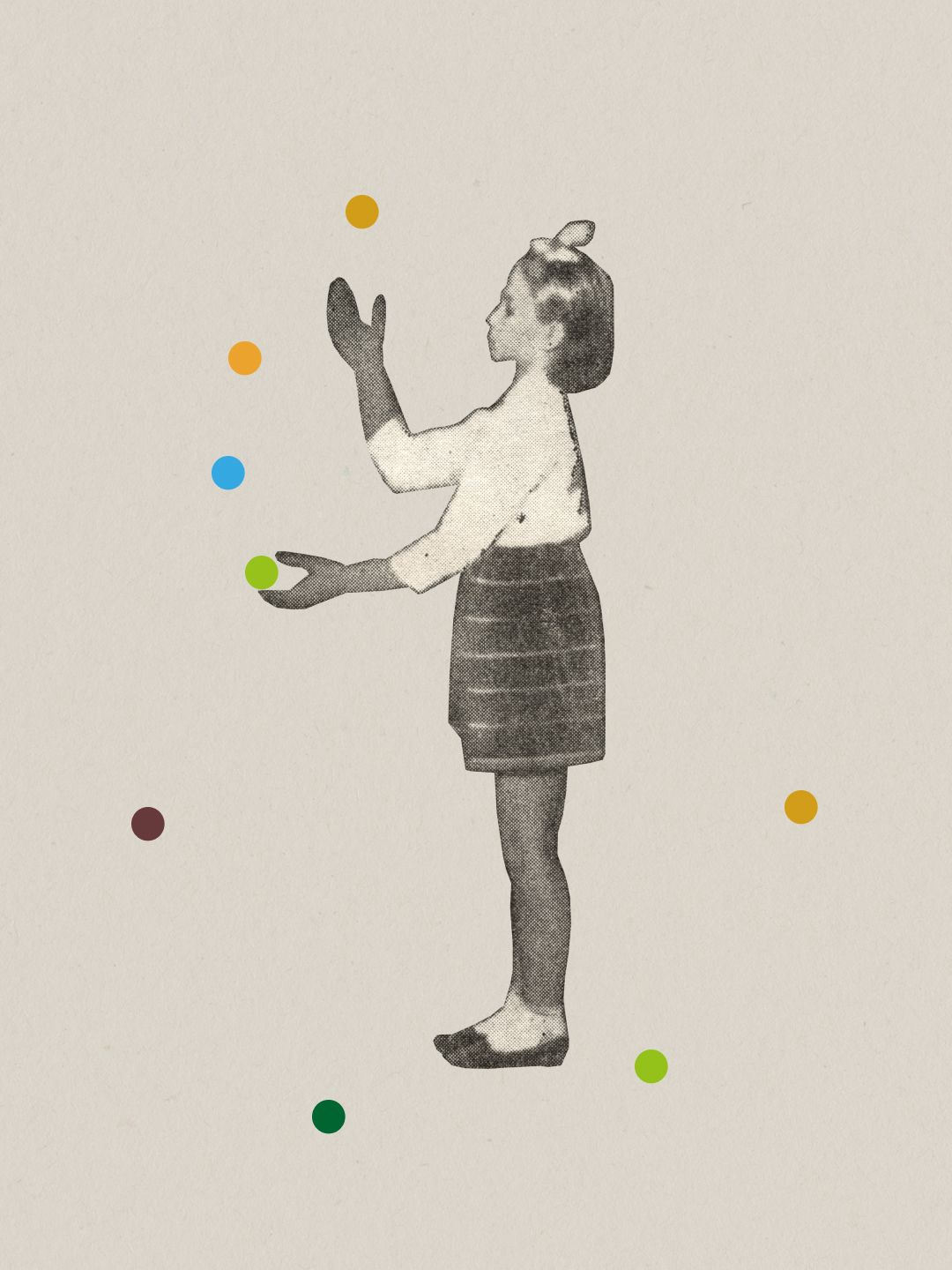
The Juggler from Childhood
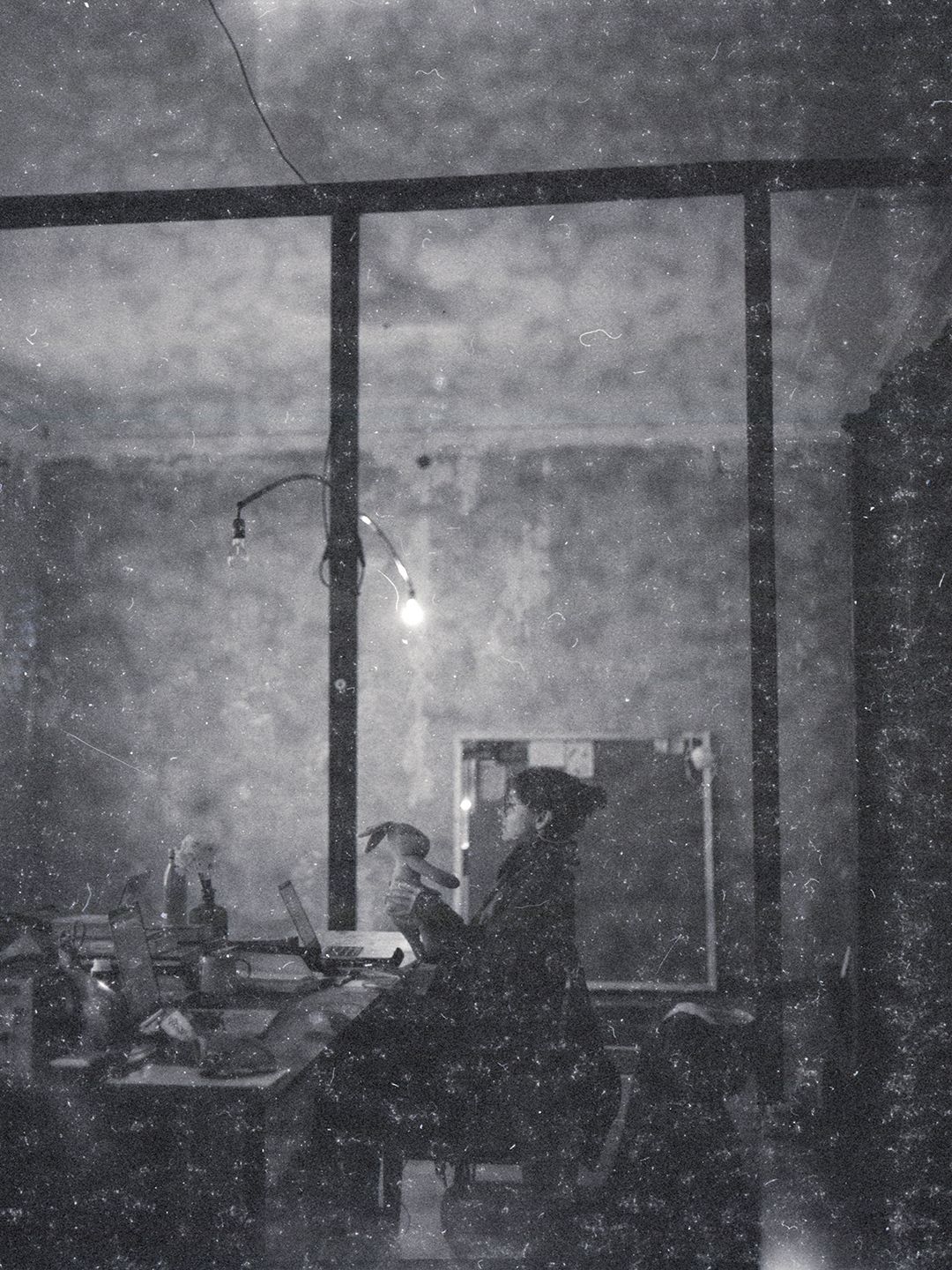
The story of a certain rabbit
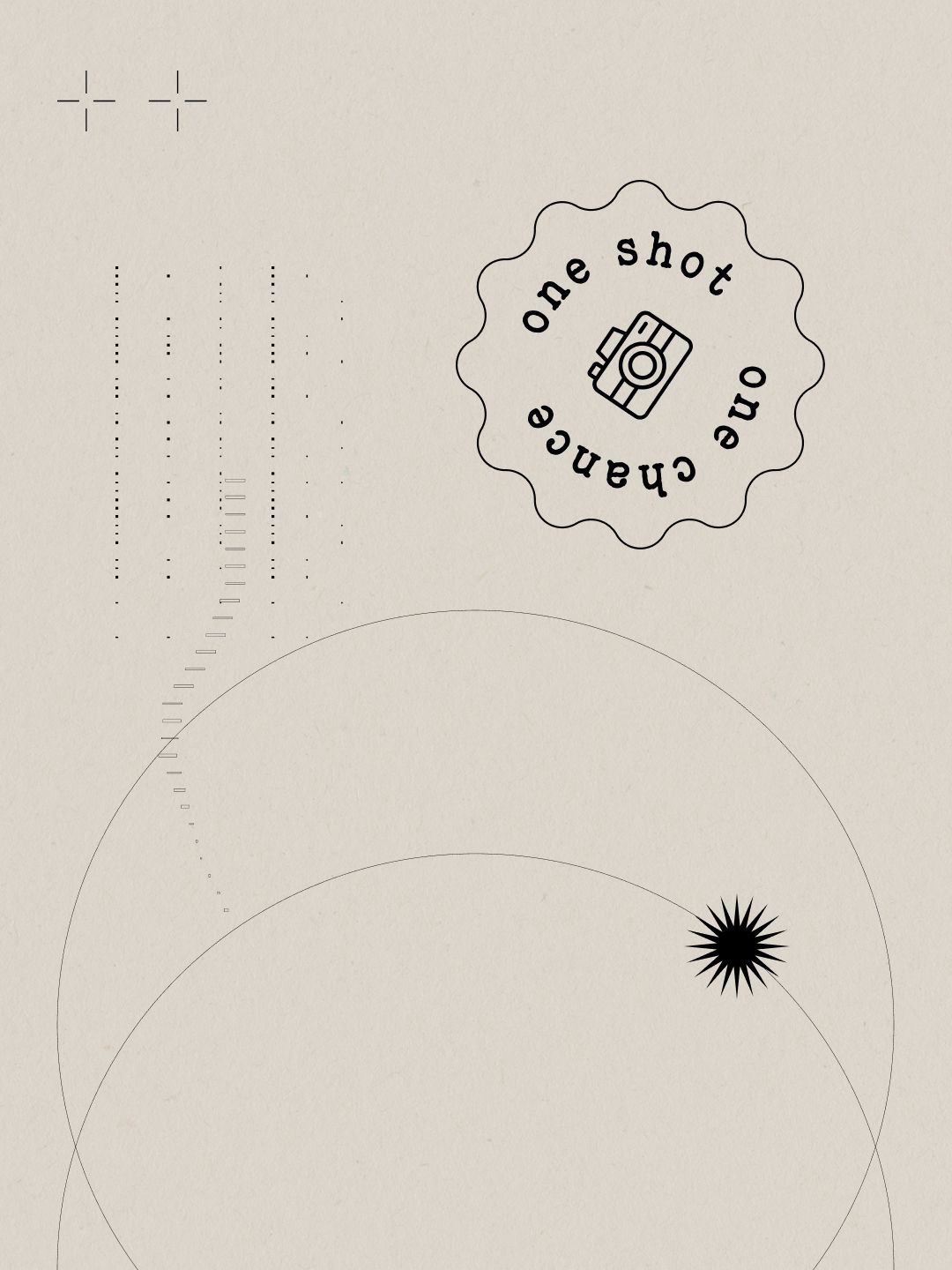
One Shot, One Chance
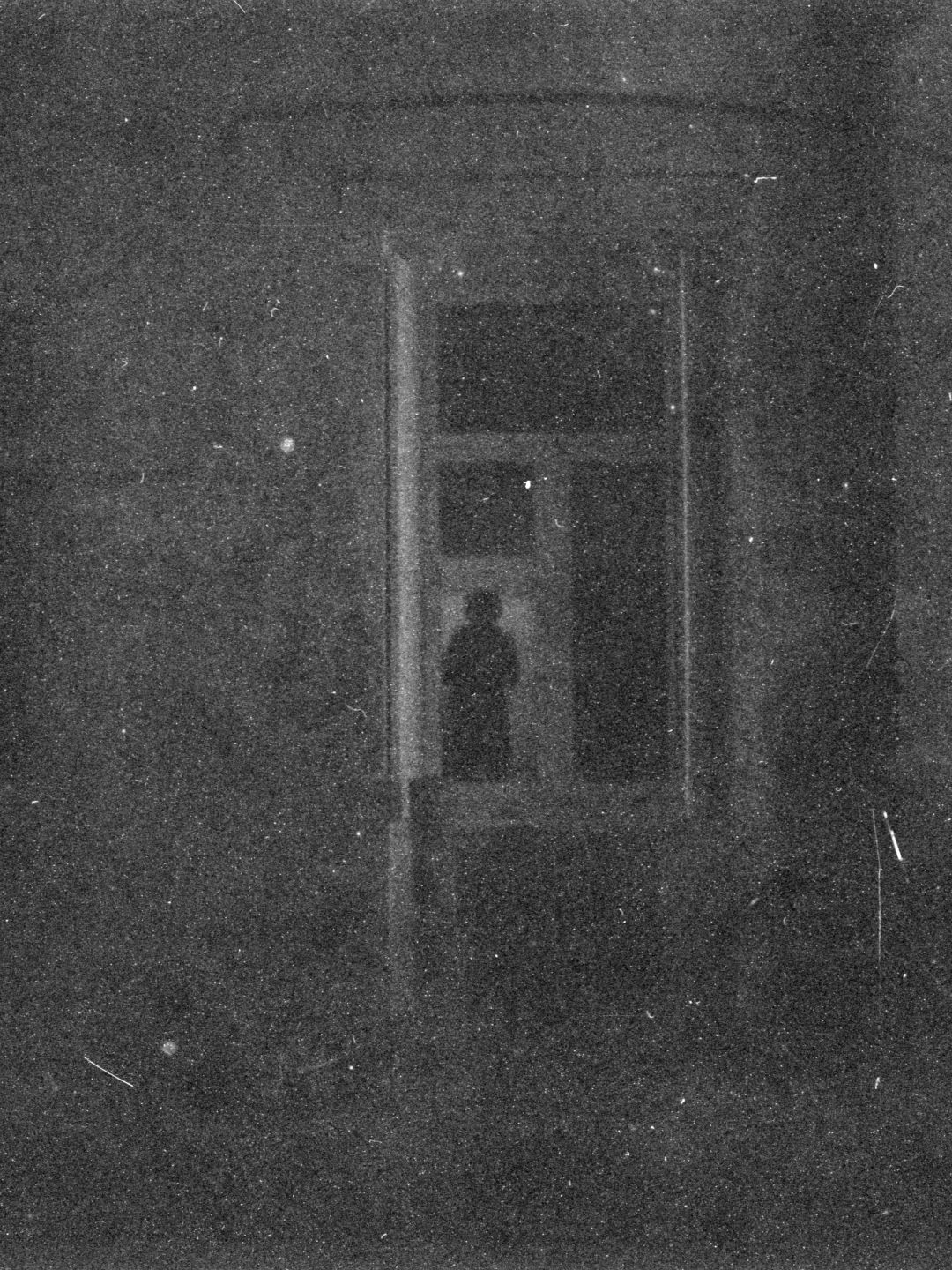
Reflection is looking at you
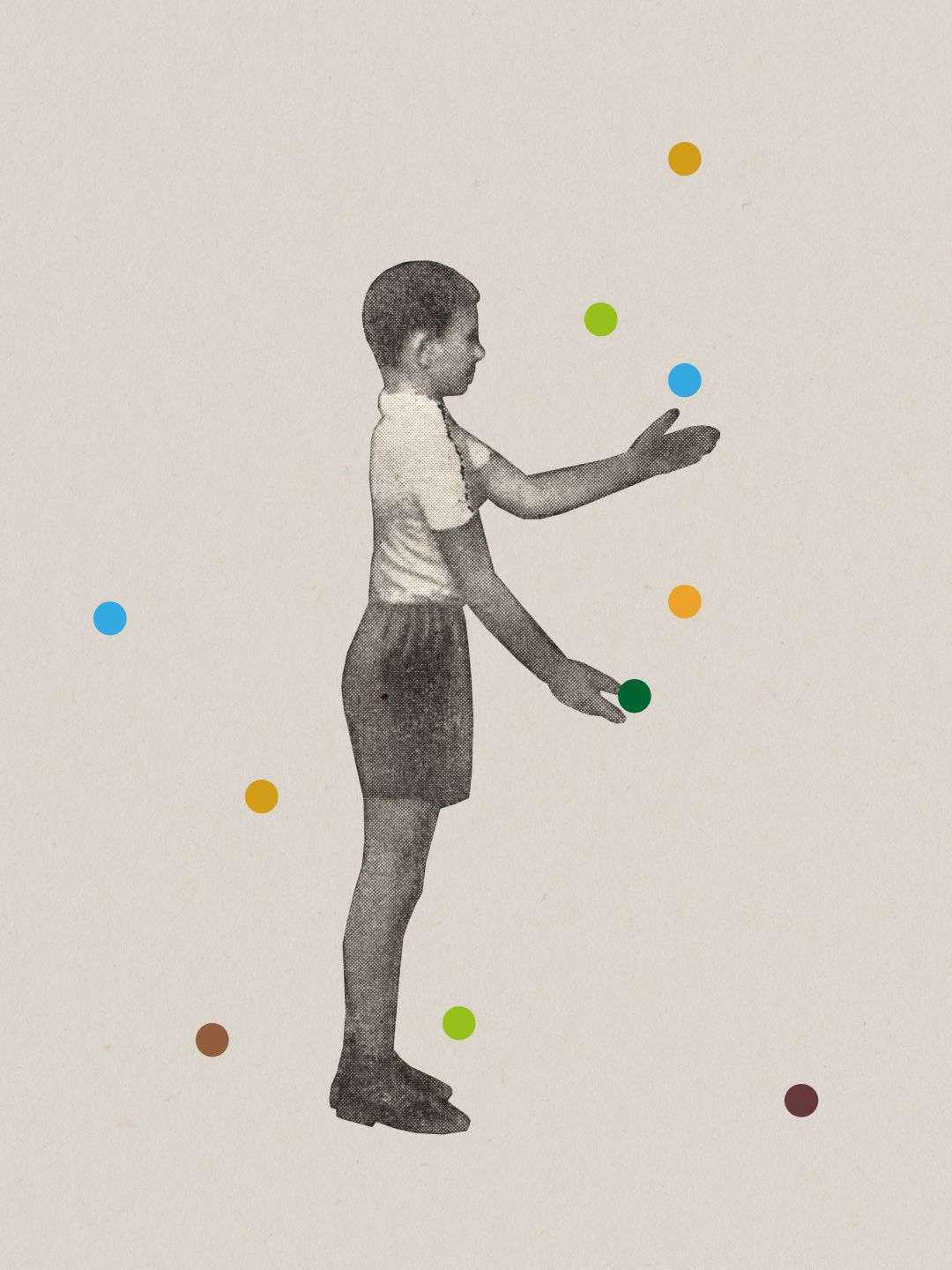
And we pretend to understand
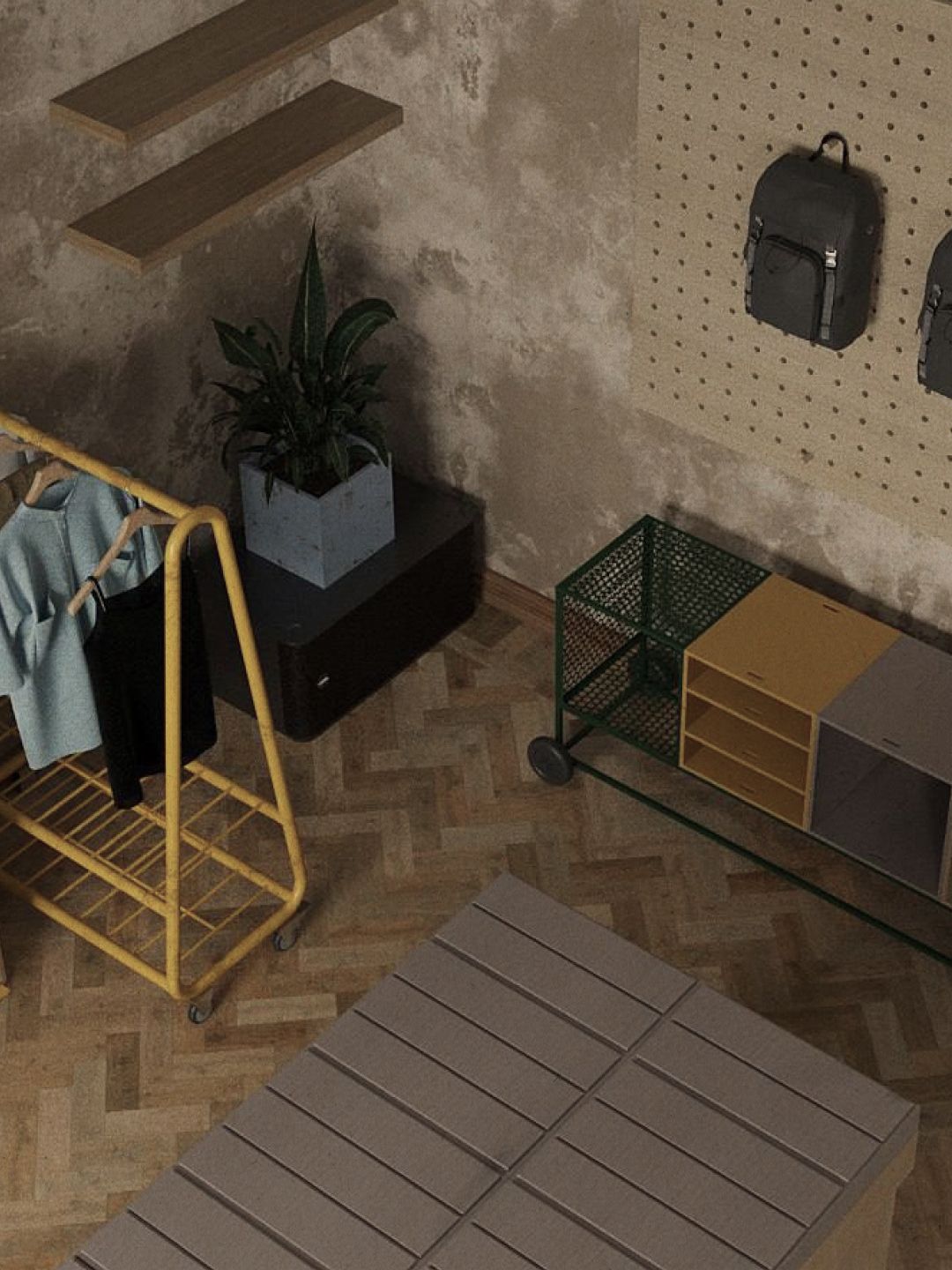
A space of inspiration
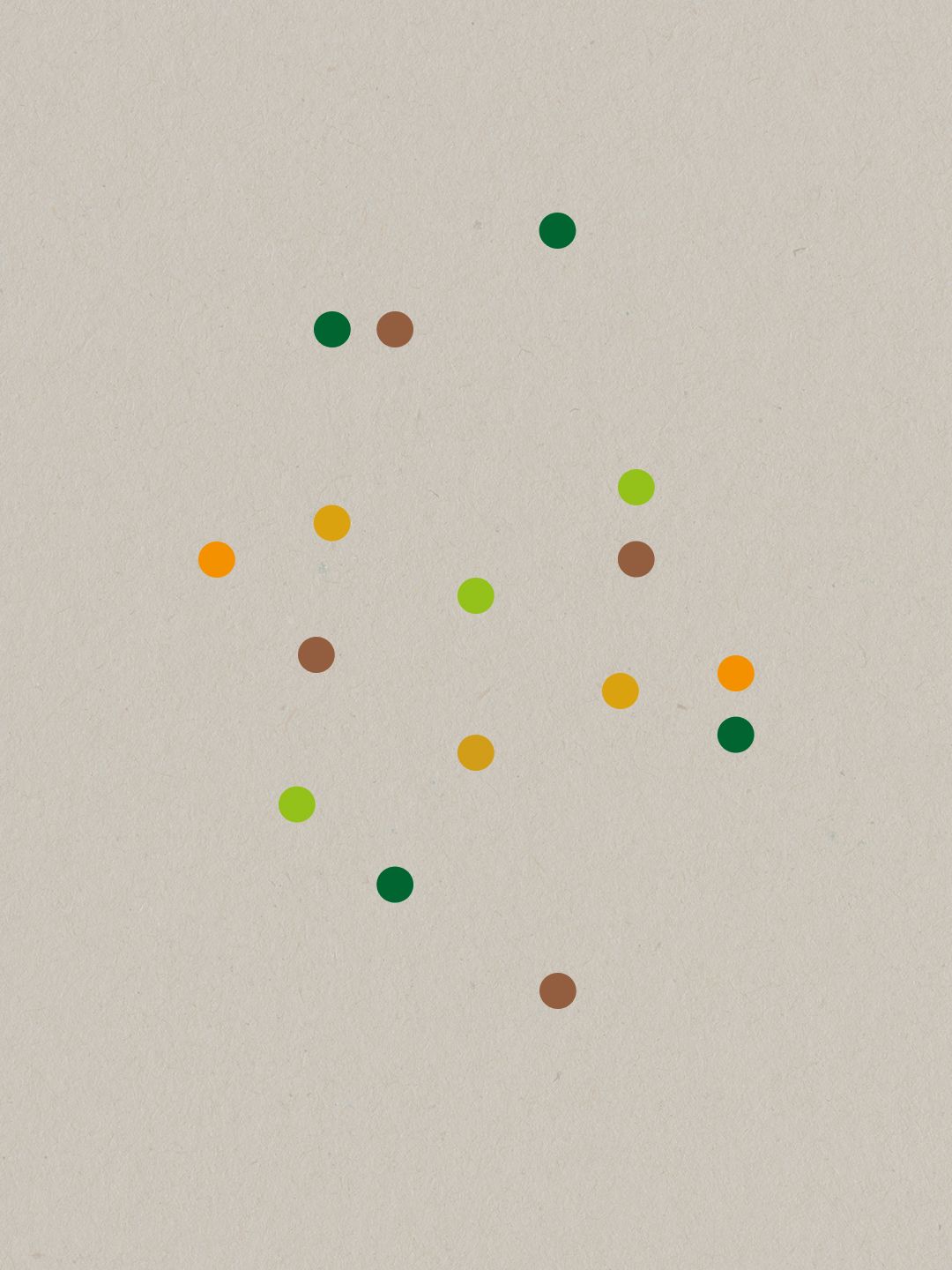
Love people not labels
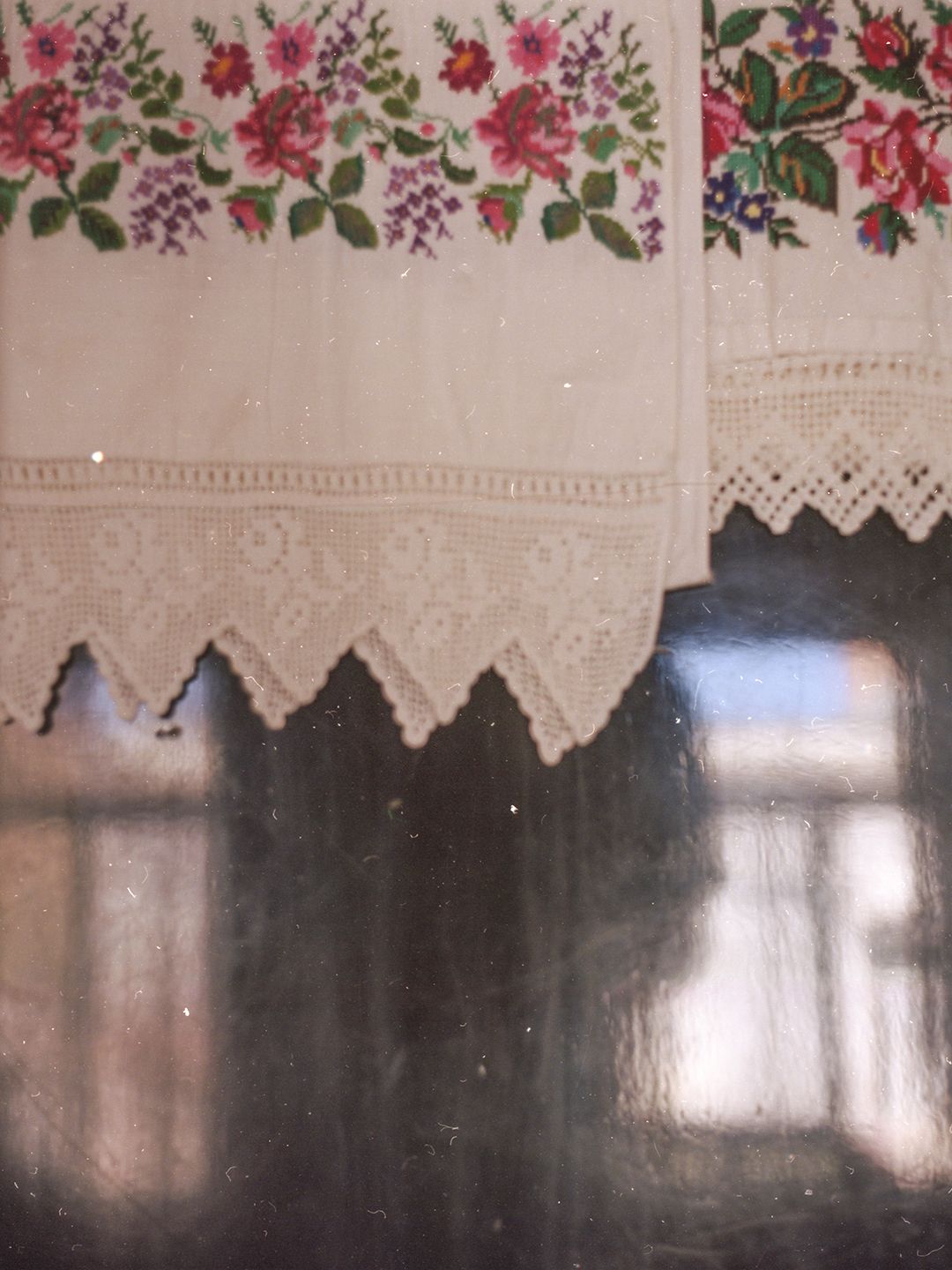
Grandmother’s Rushnyks
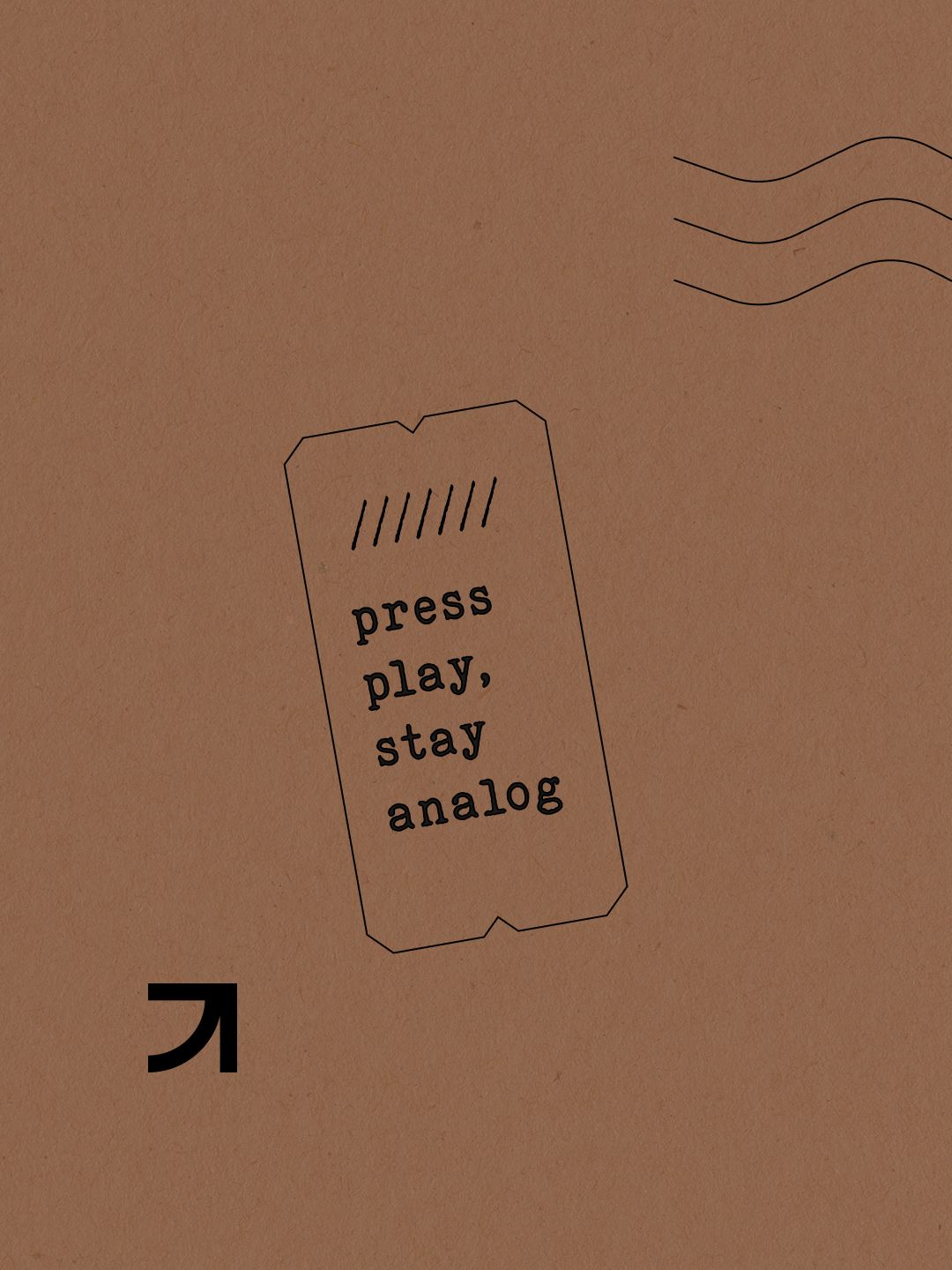
Stay analog

Indian memories and captured radio waves via Rusted Tone Recordings
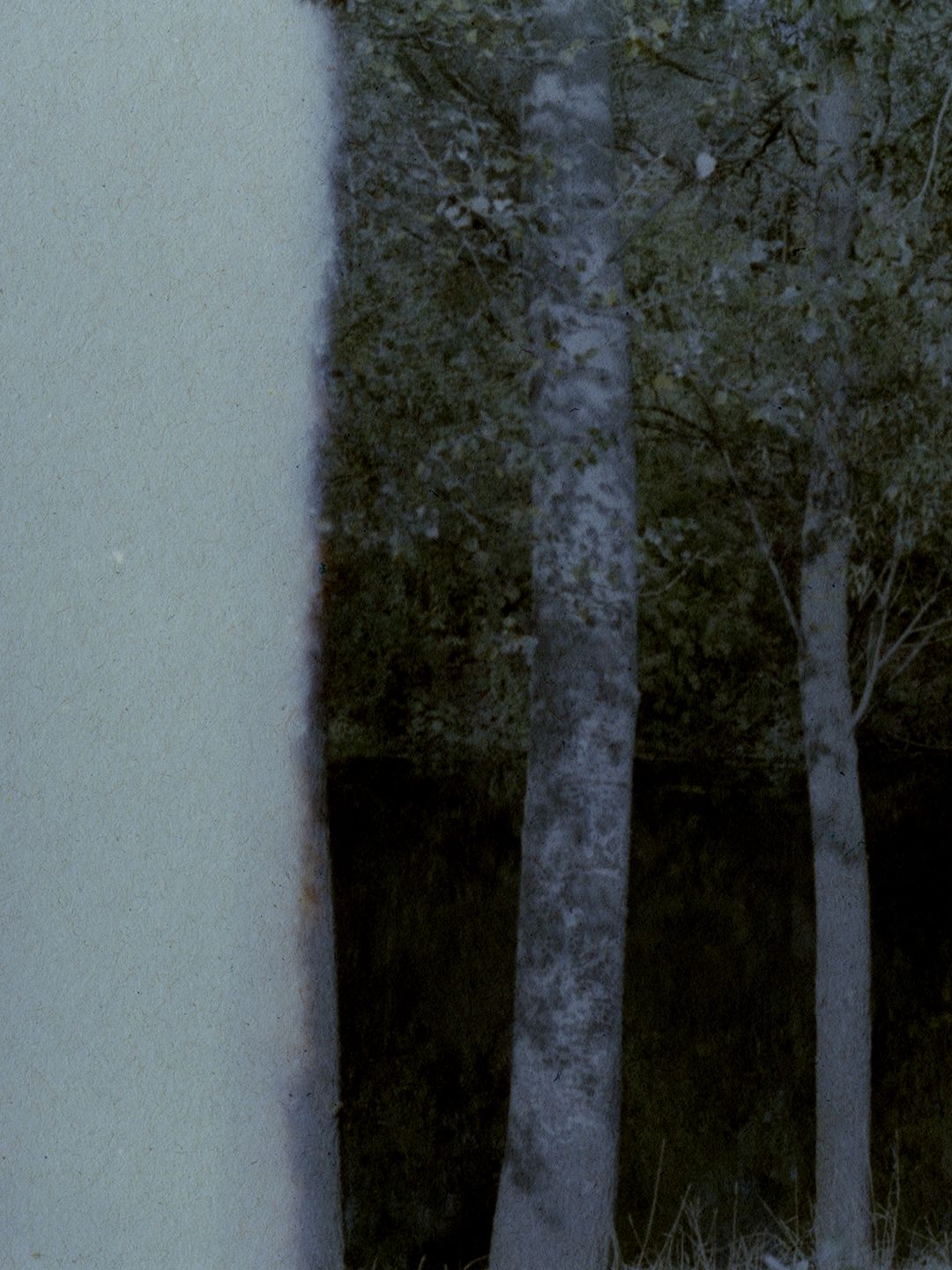
Film is not dead
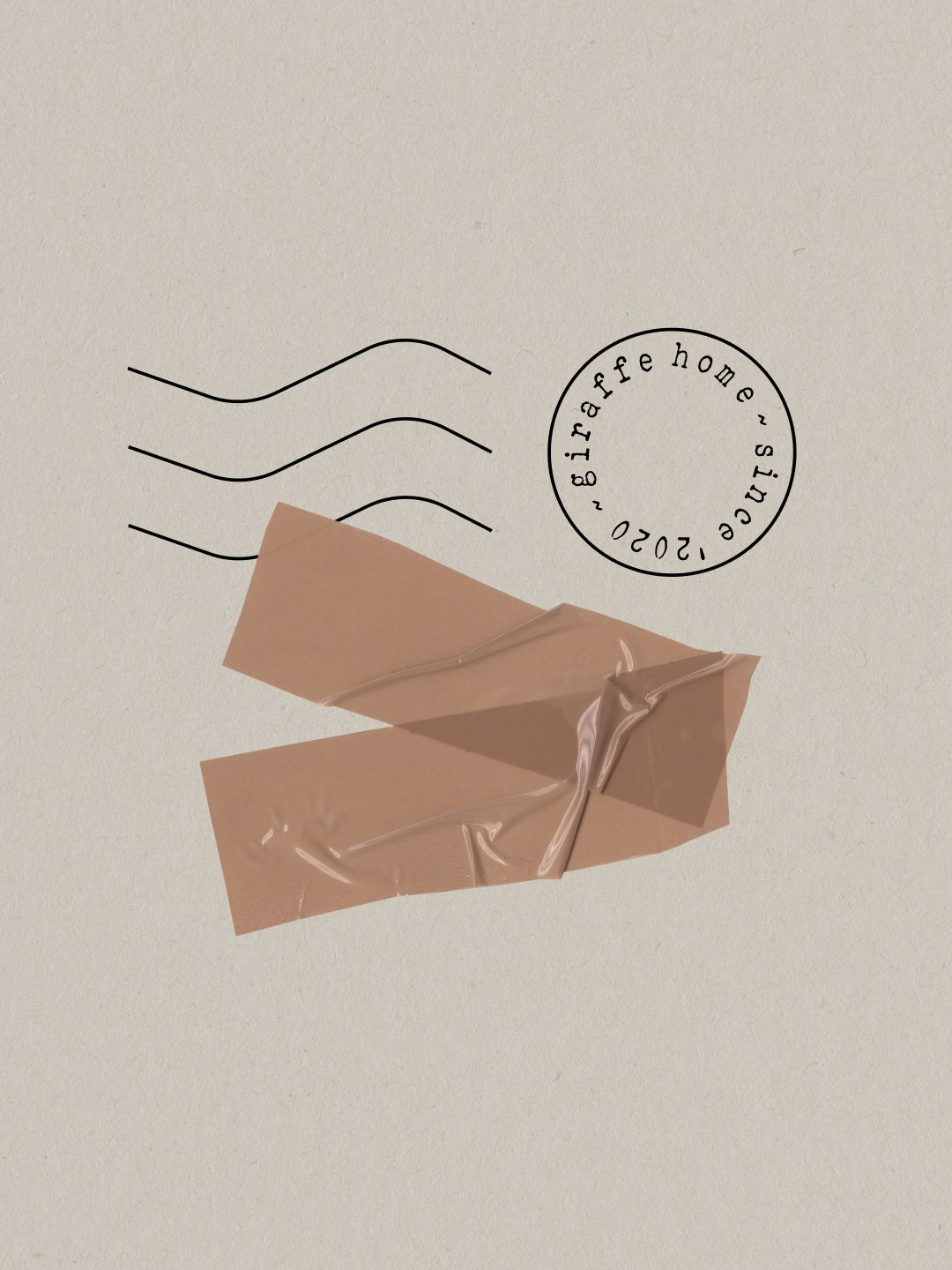
Letters that were never sent
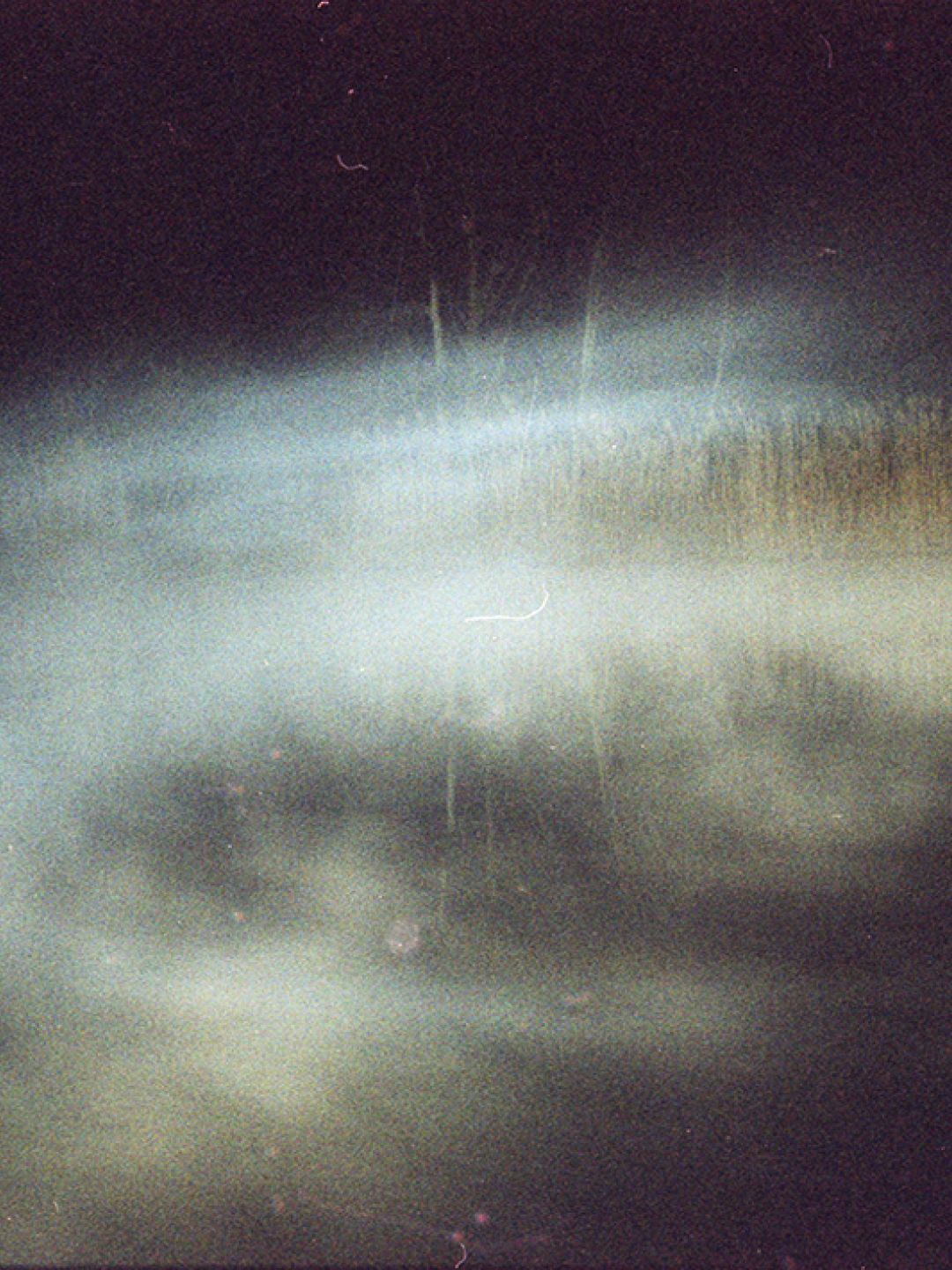
Sometimes a period is just a comma

The old wallpaper
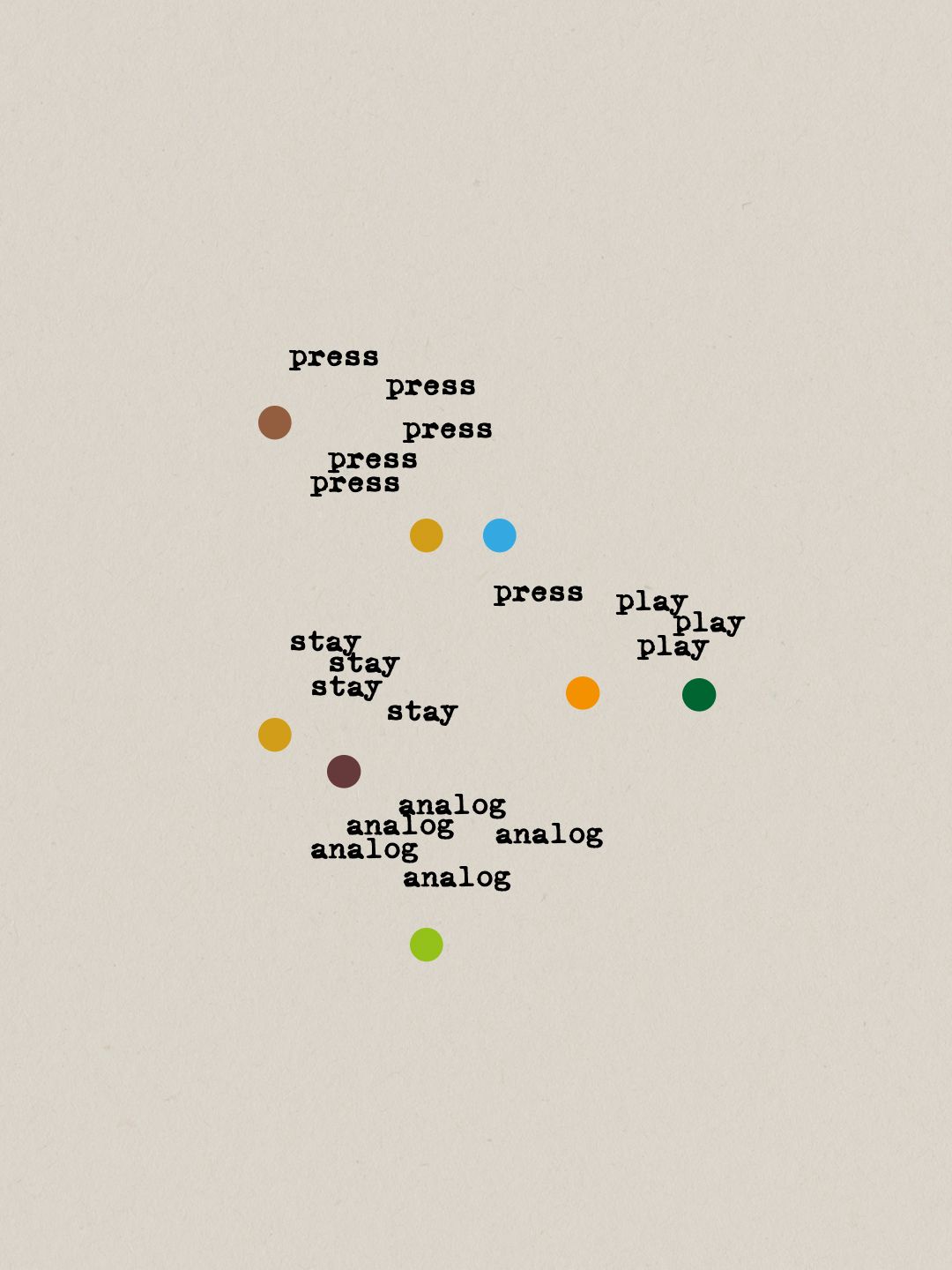
Press play. Stay analog.
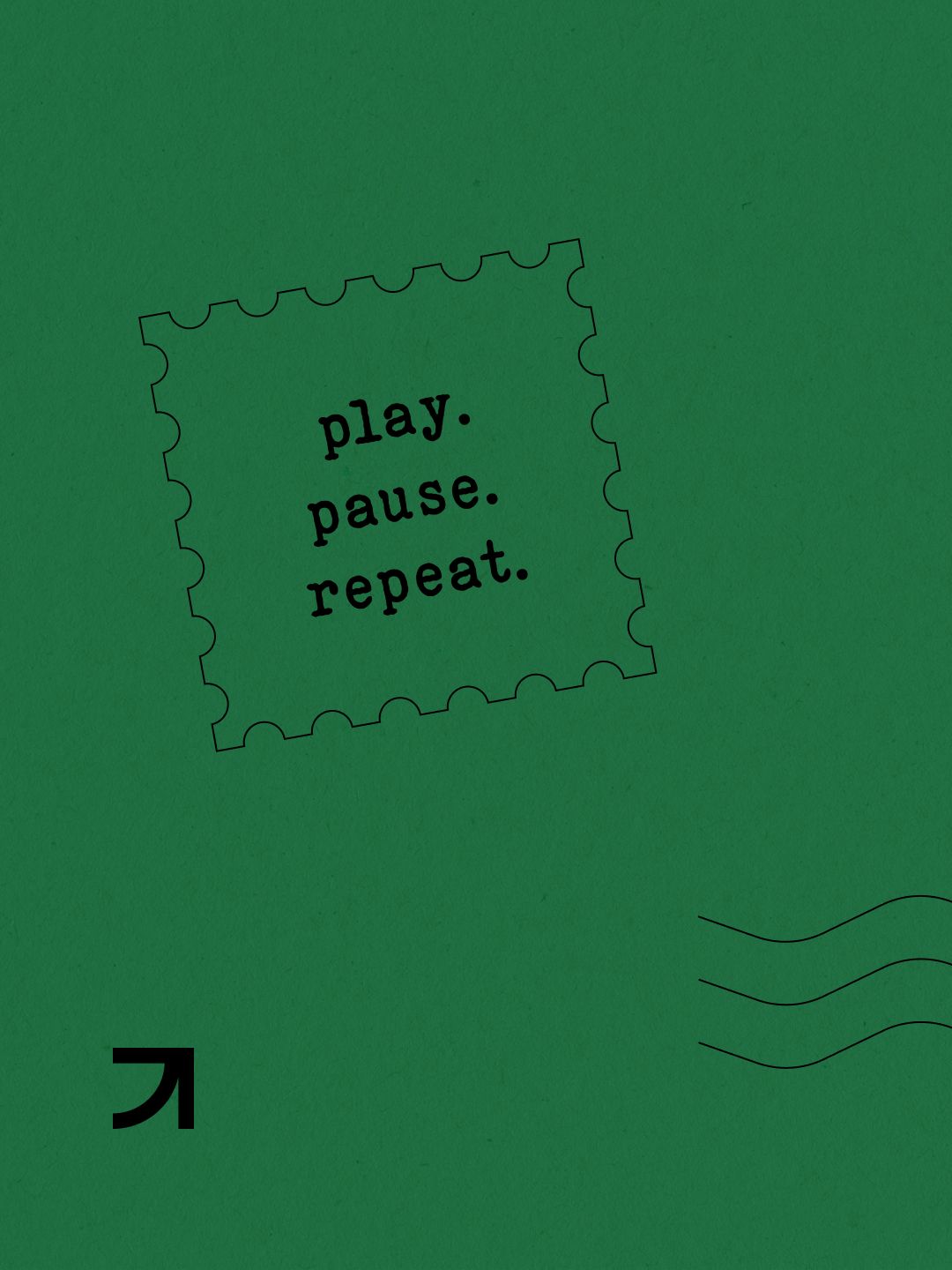
Play. Pause. Repeat.

What does the brick hide?
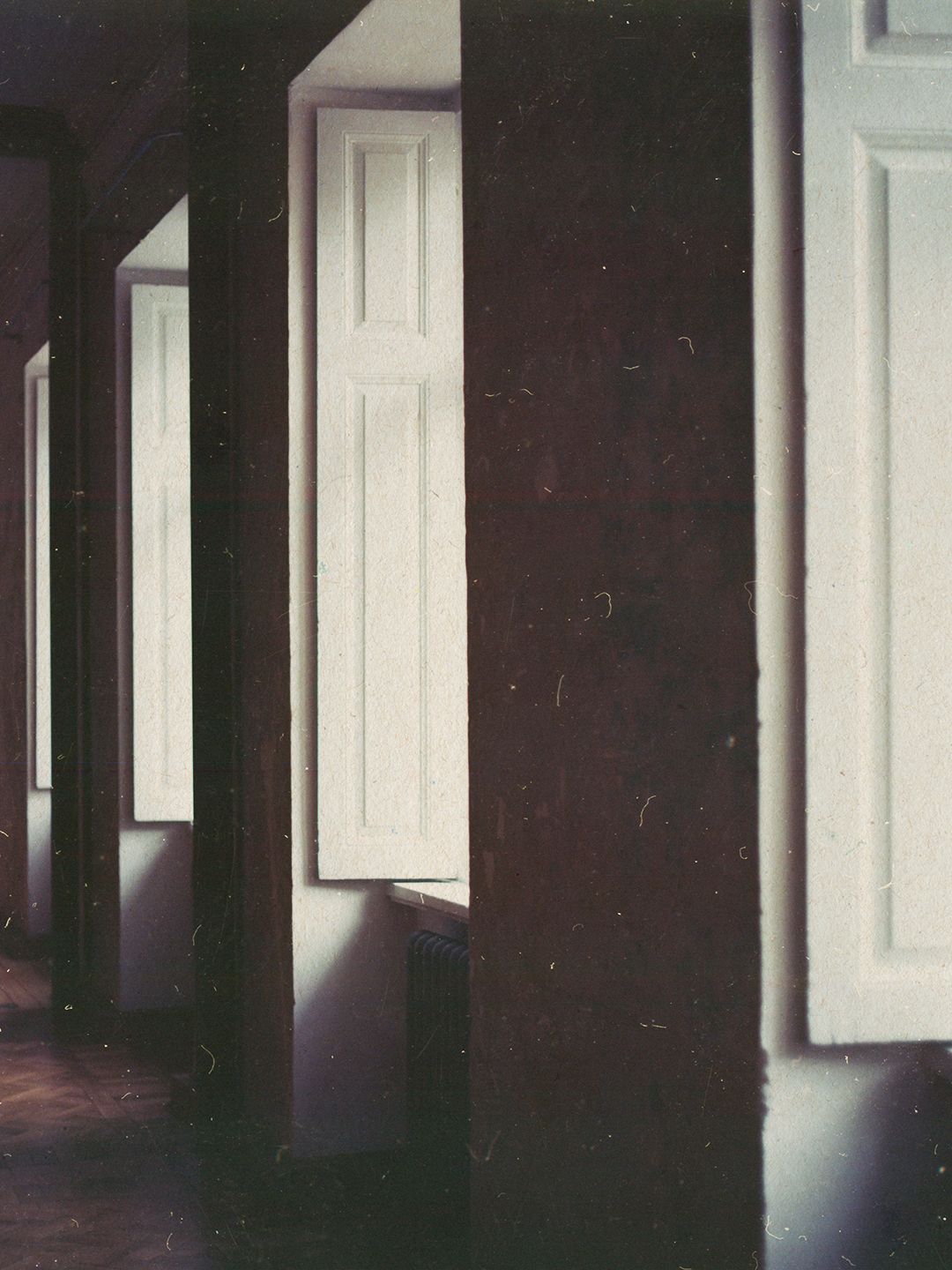
History speaks
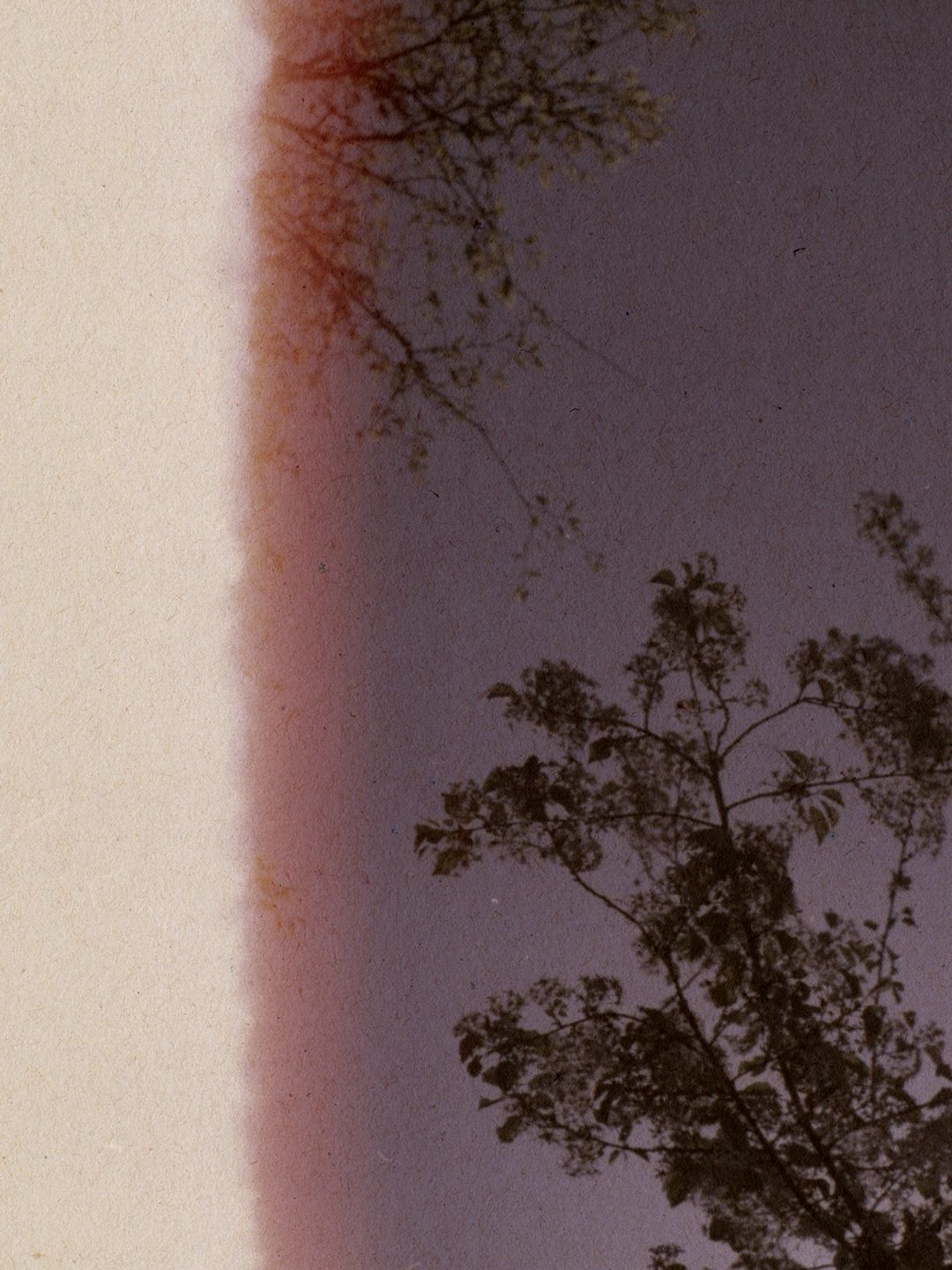
Photography isn’t just an image
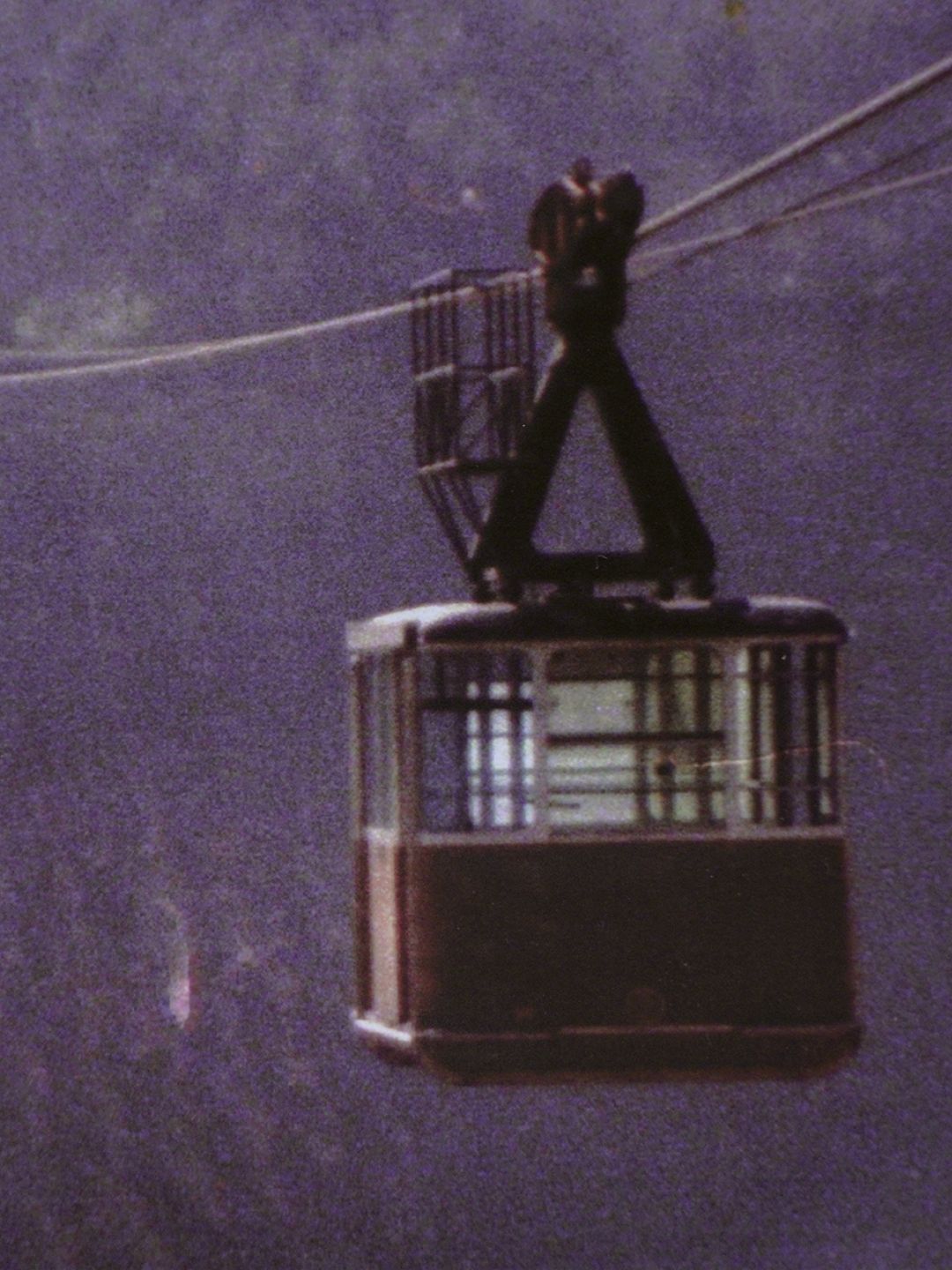
The funicular glides slowly
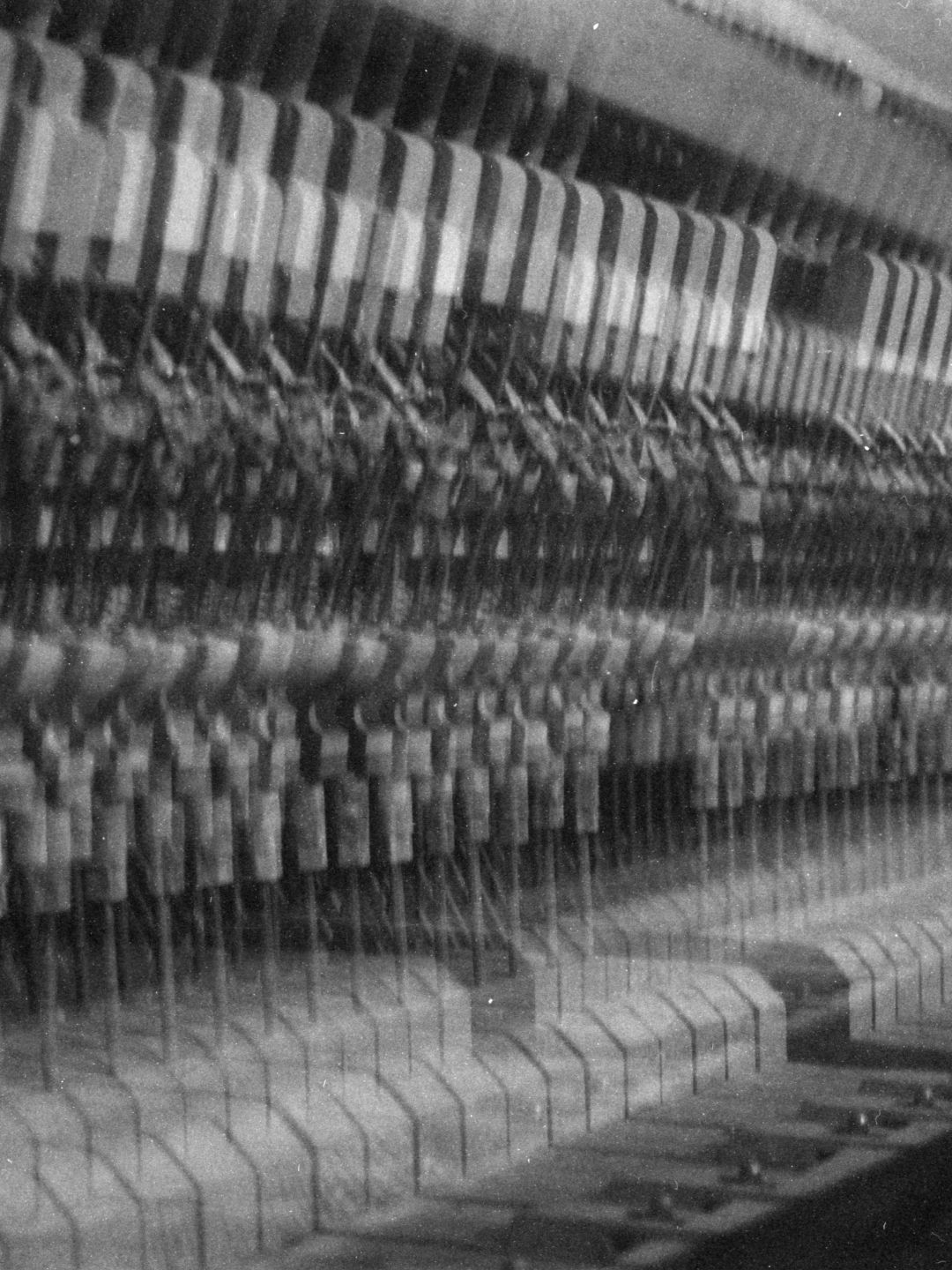
Black and white symphony
